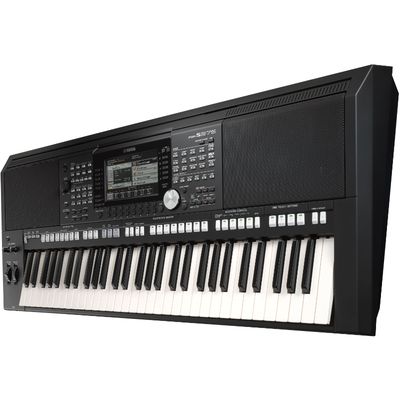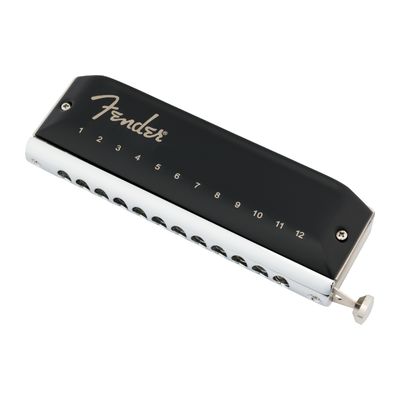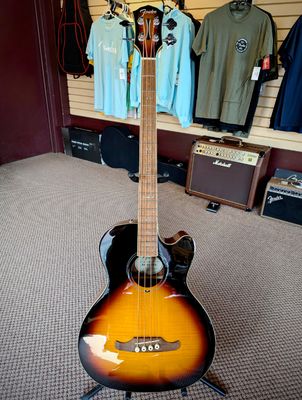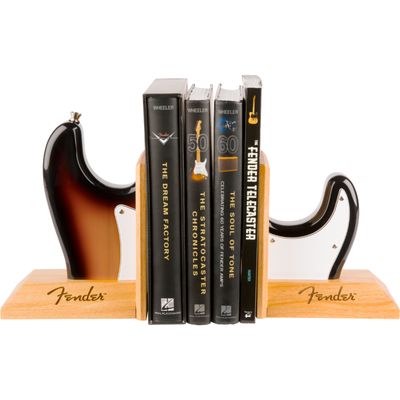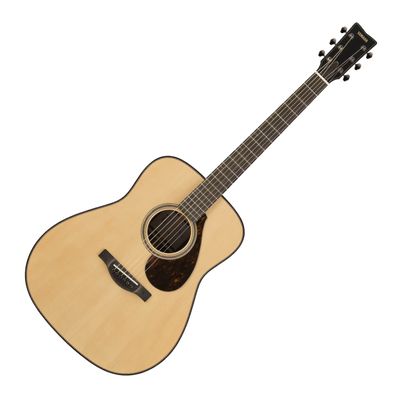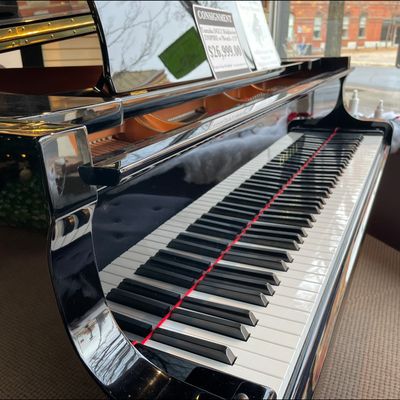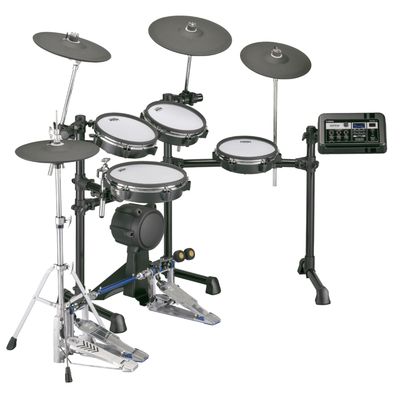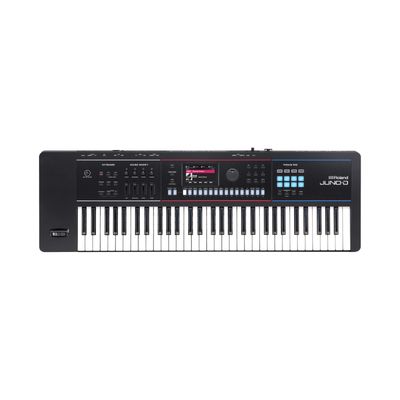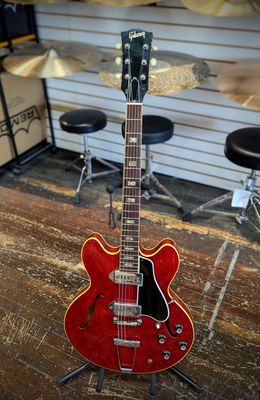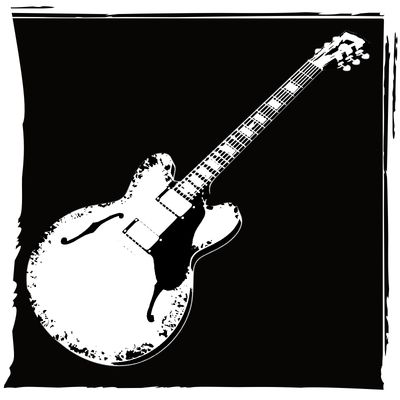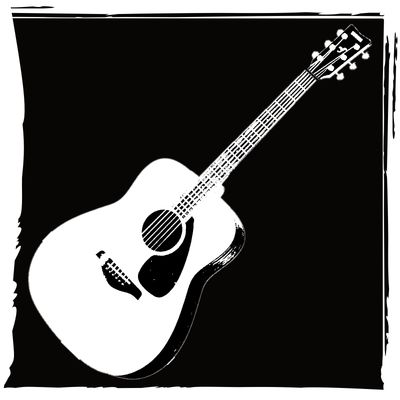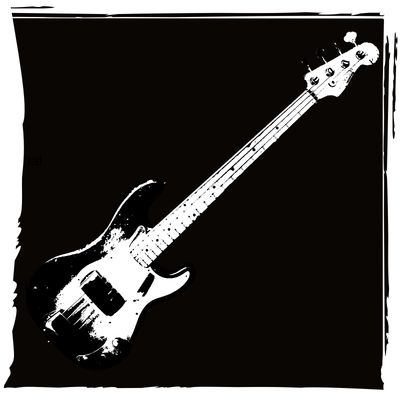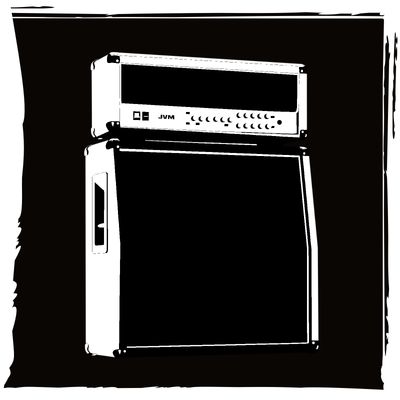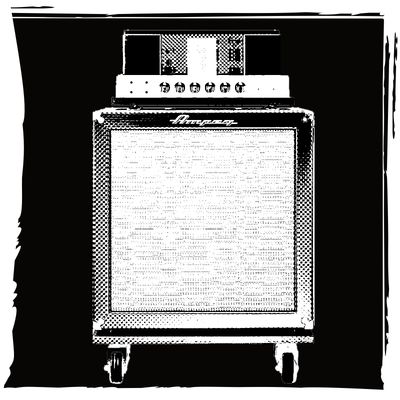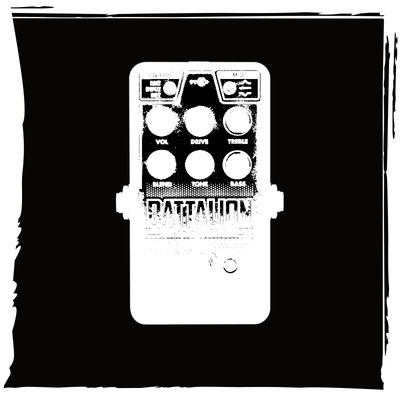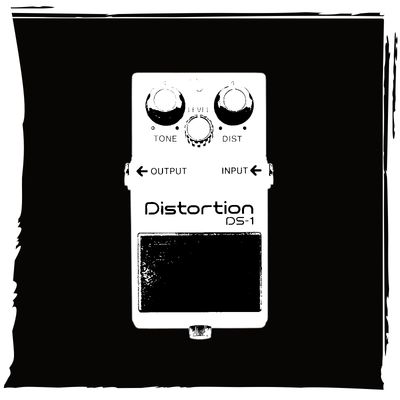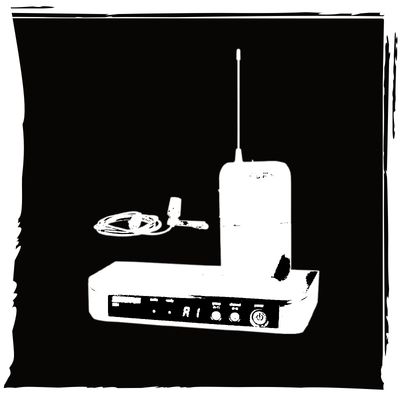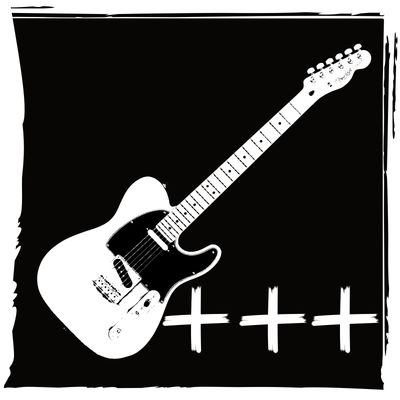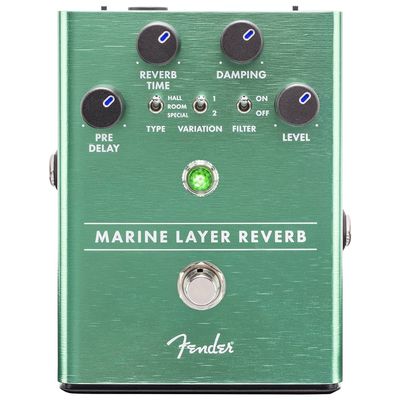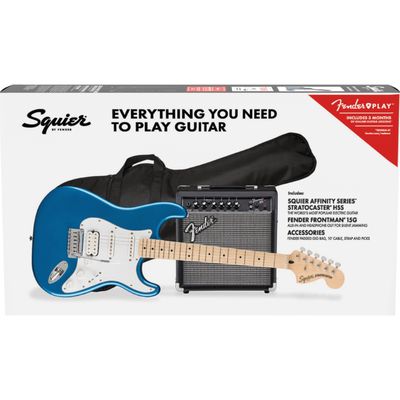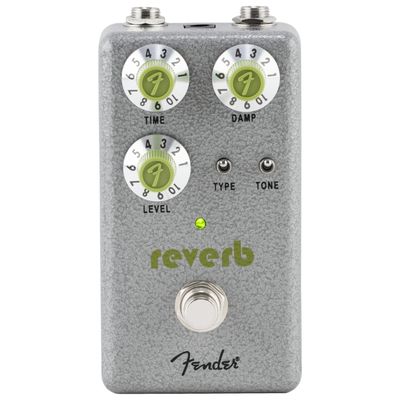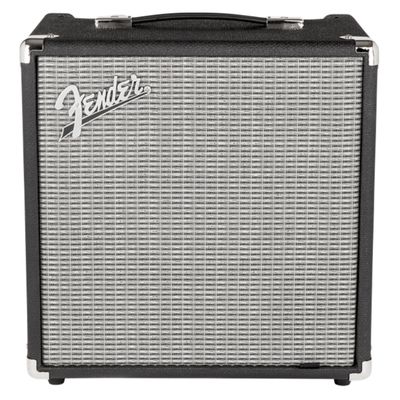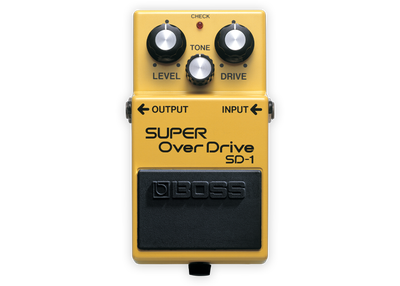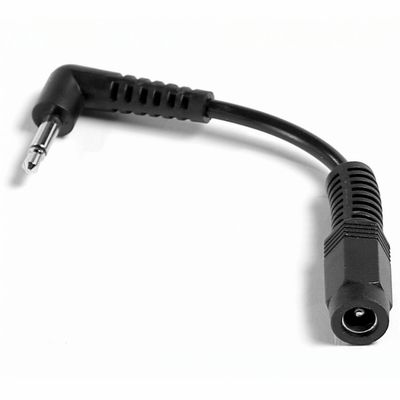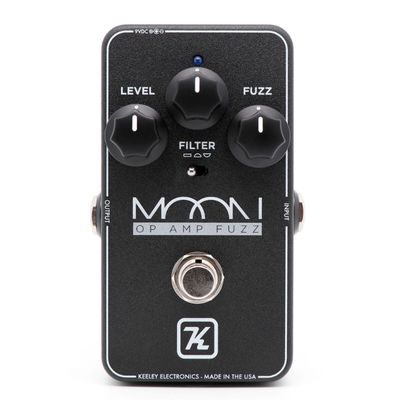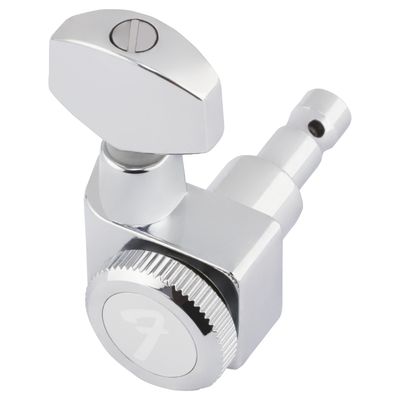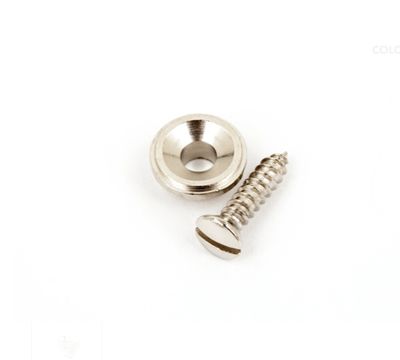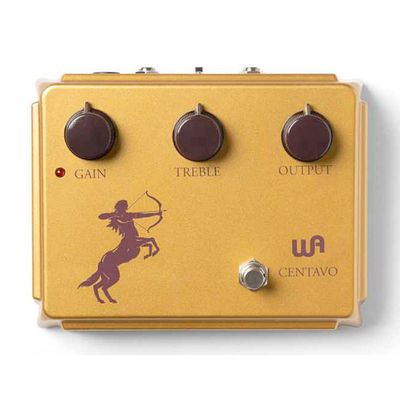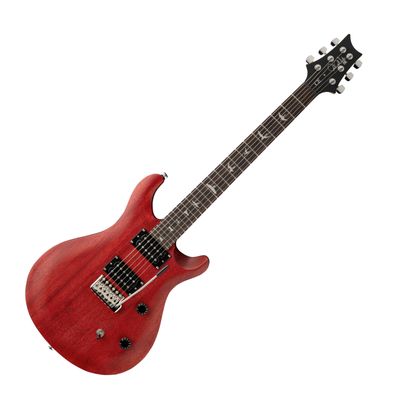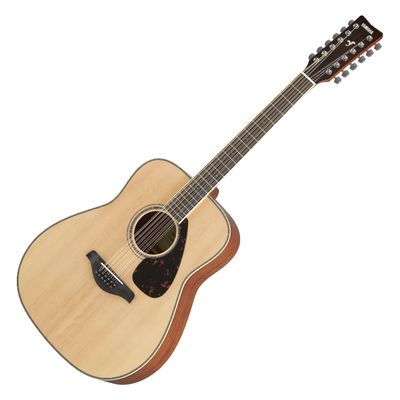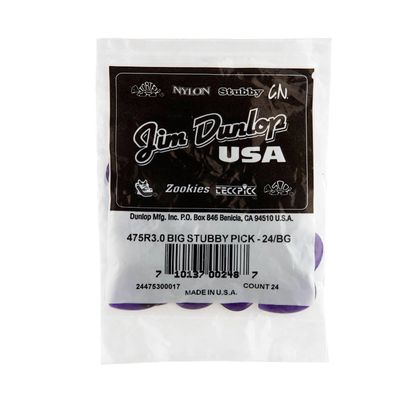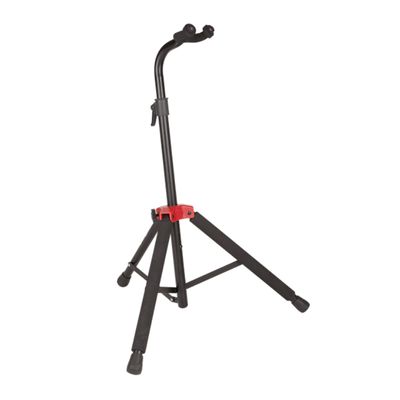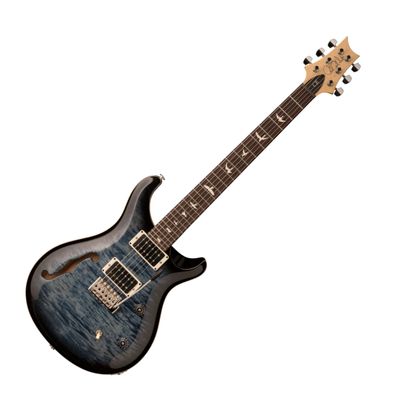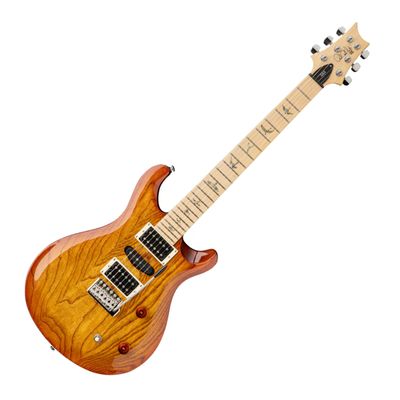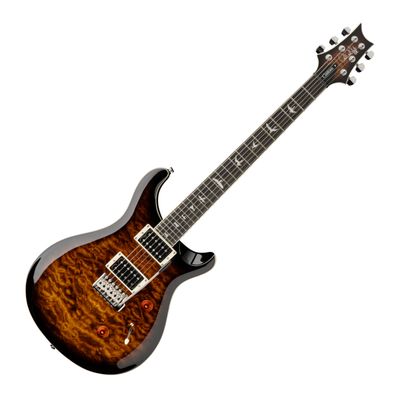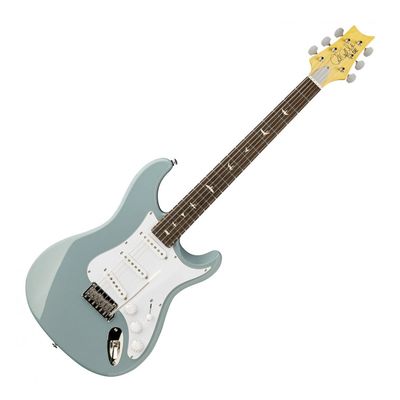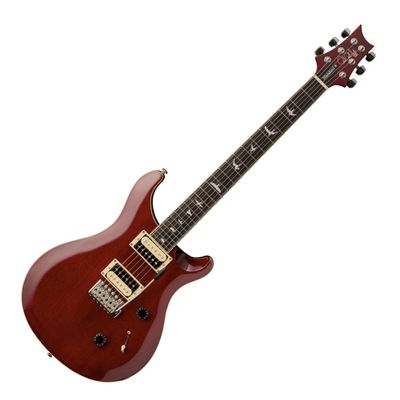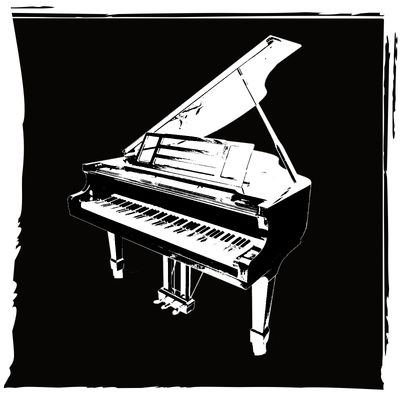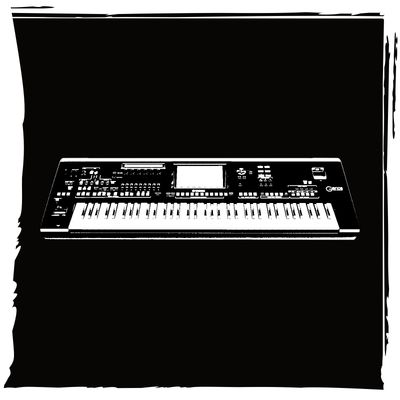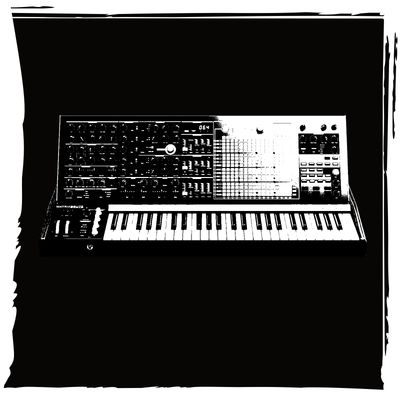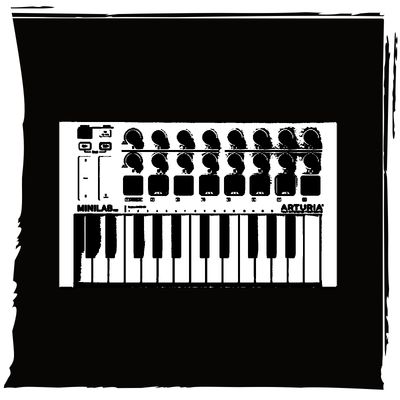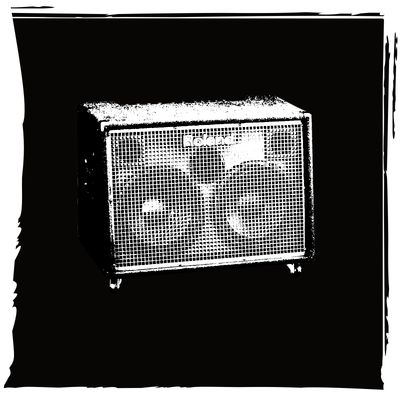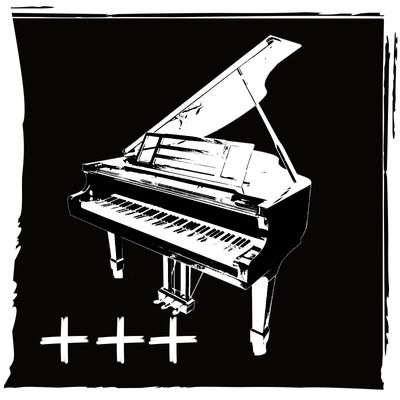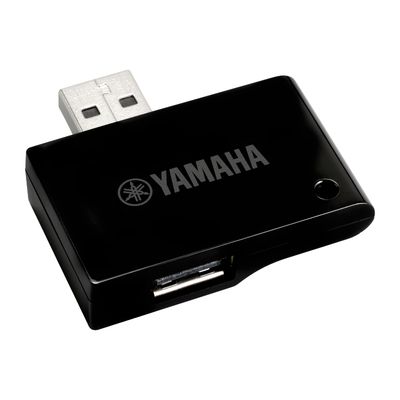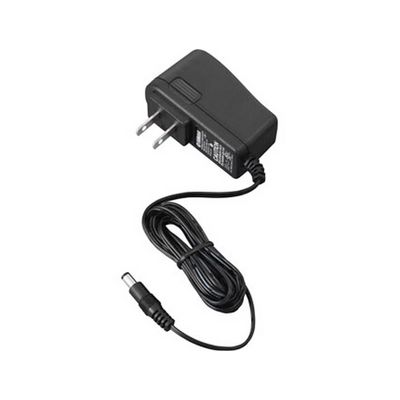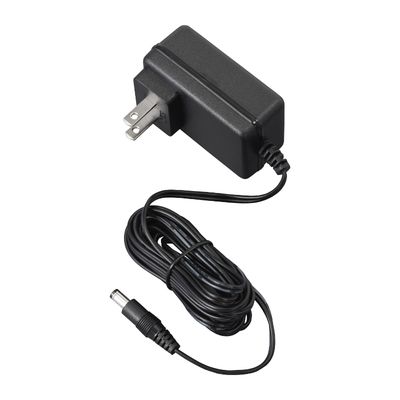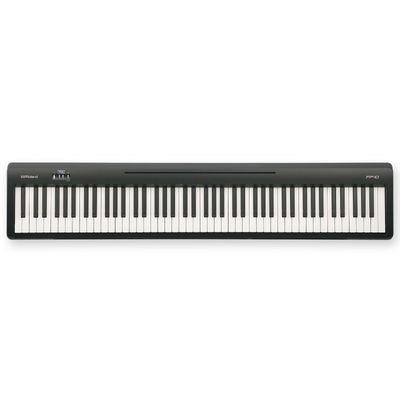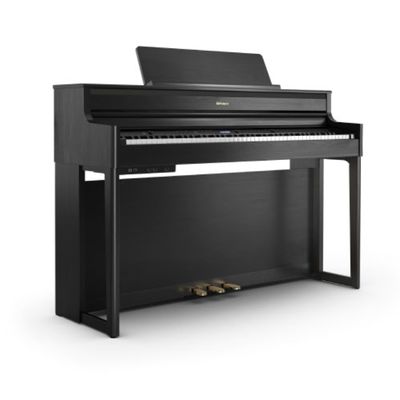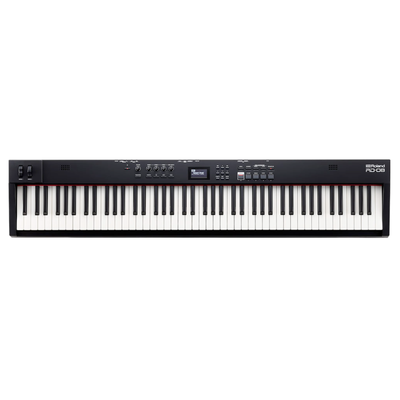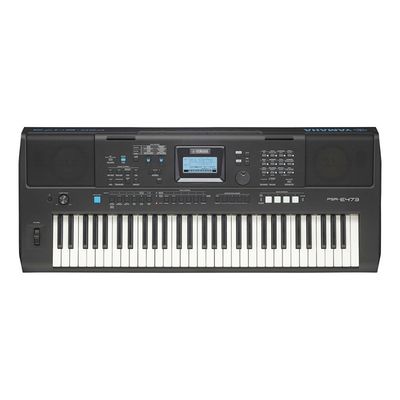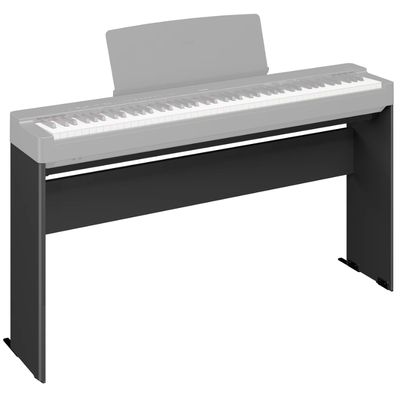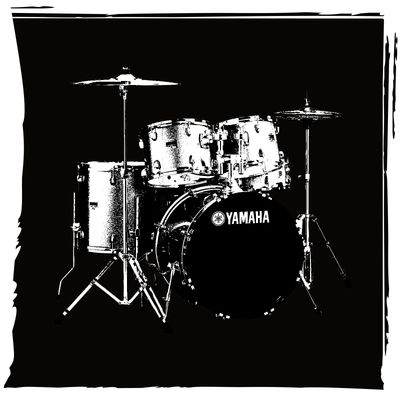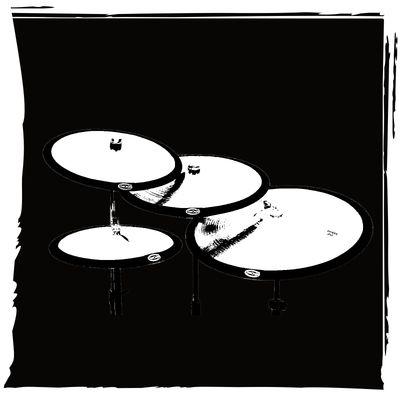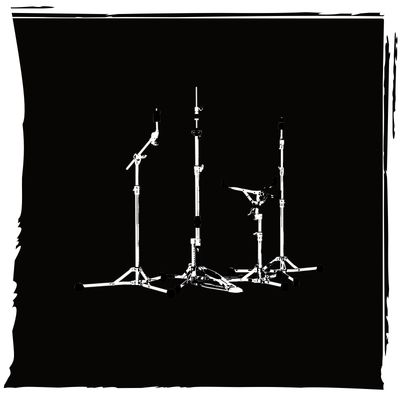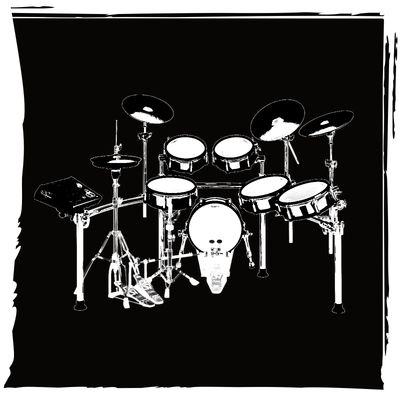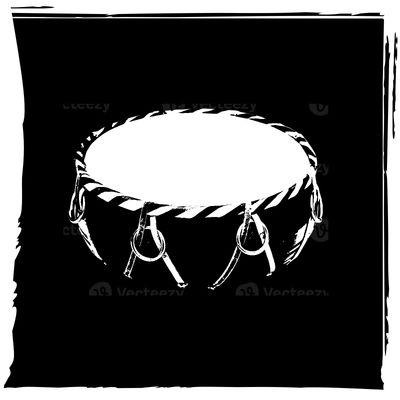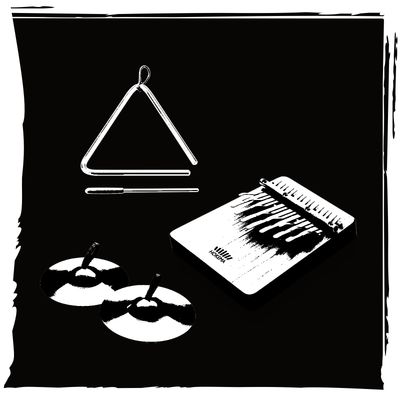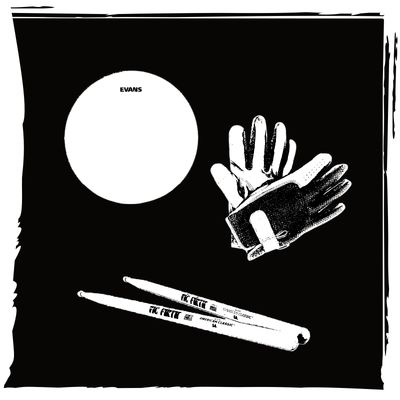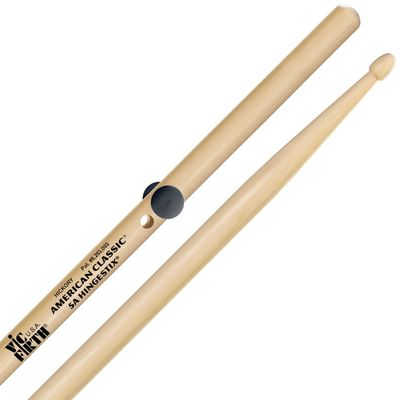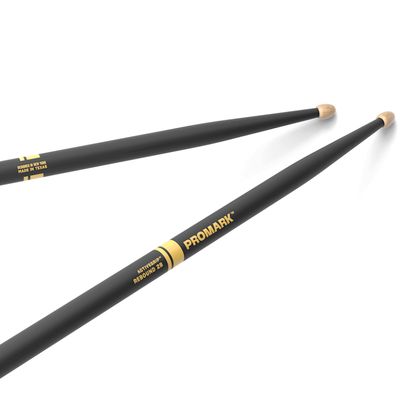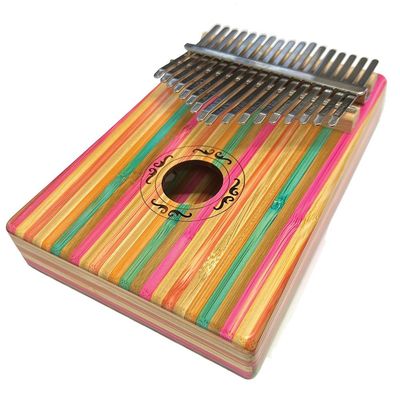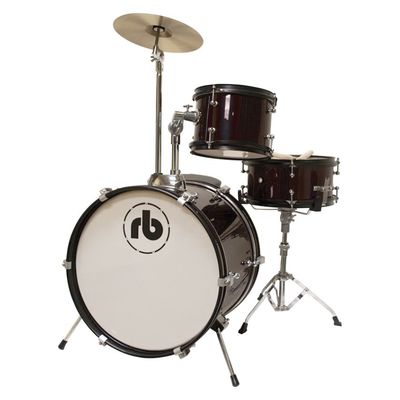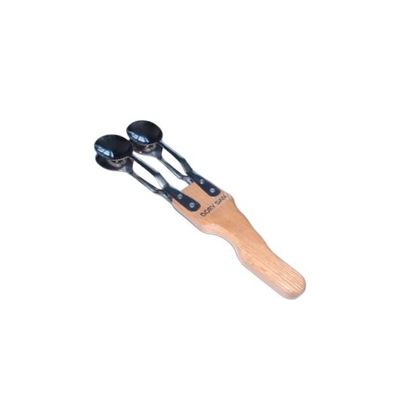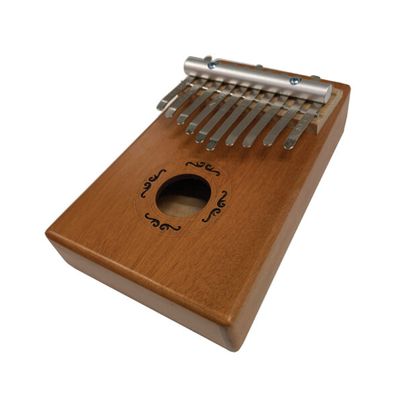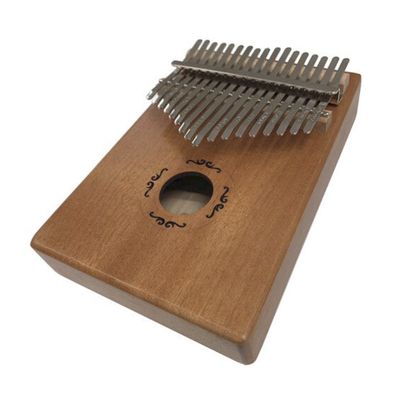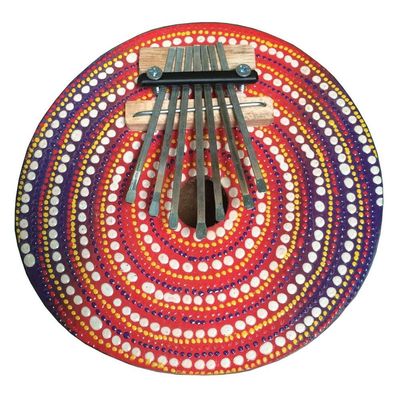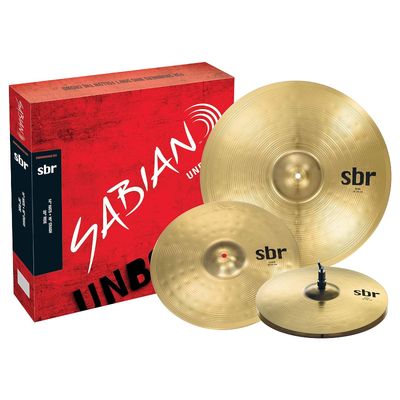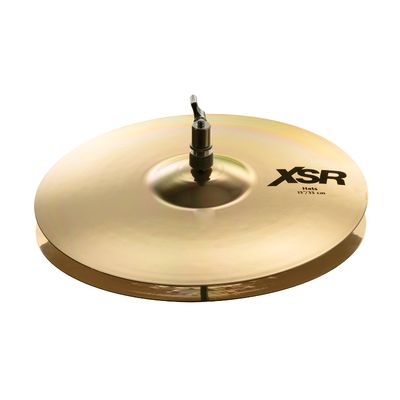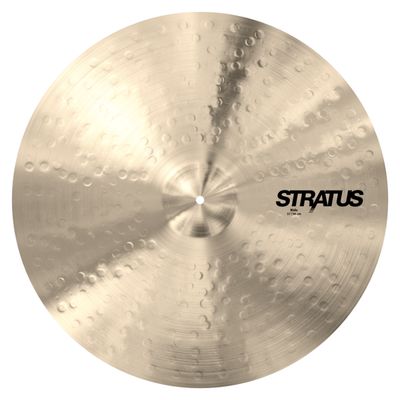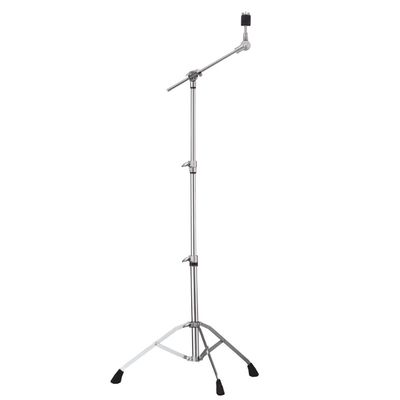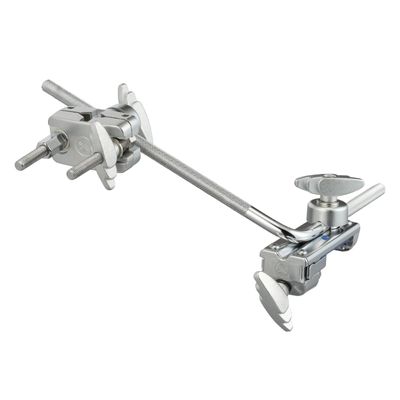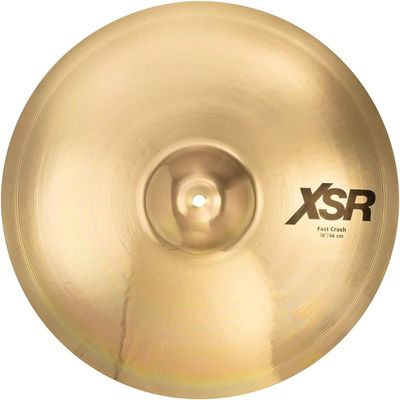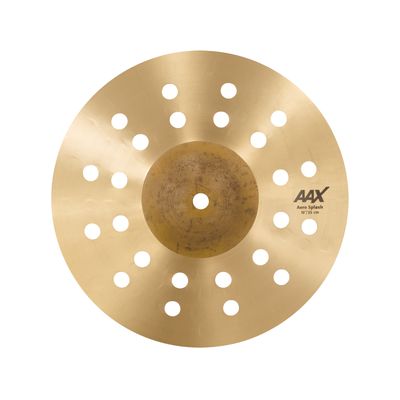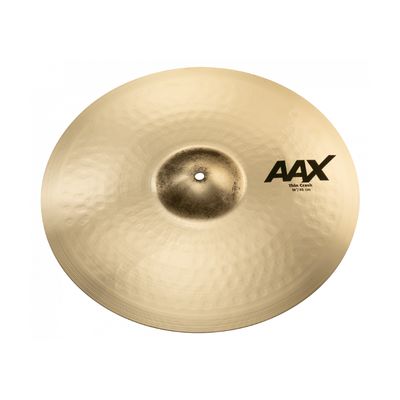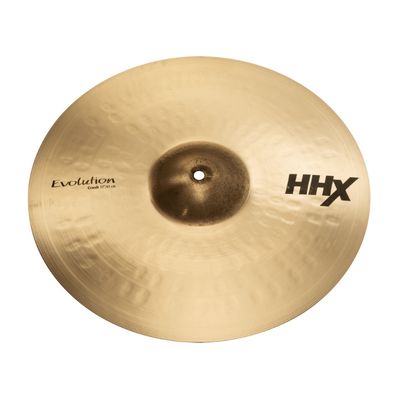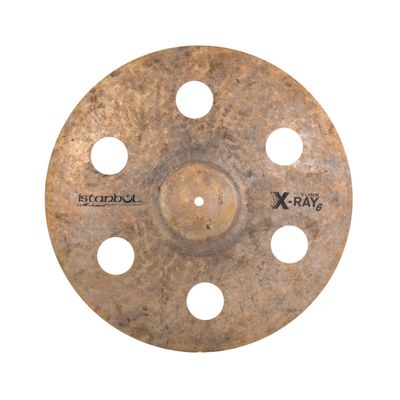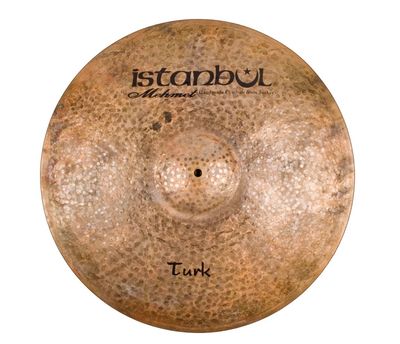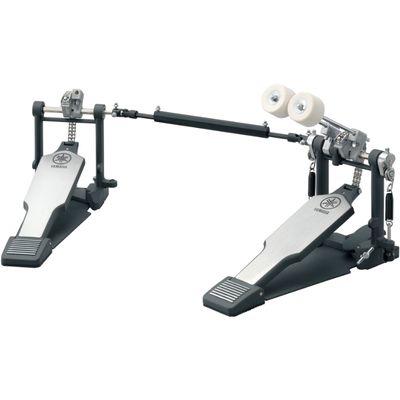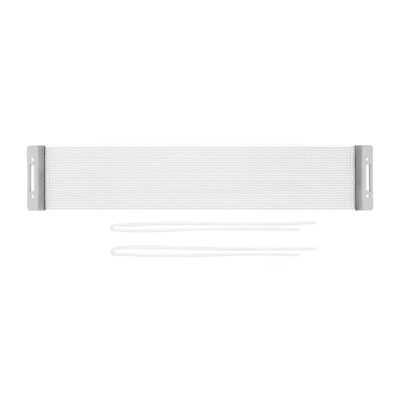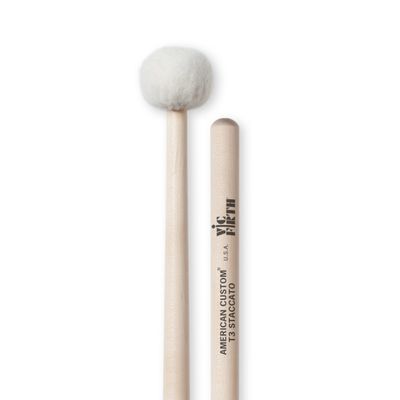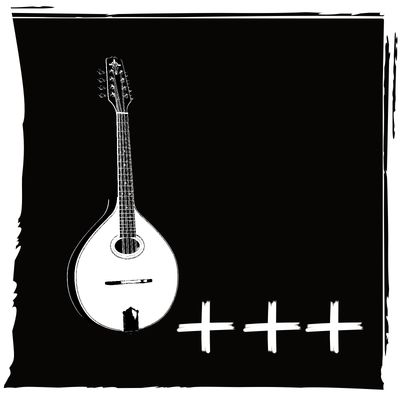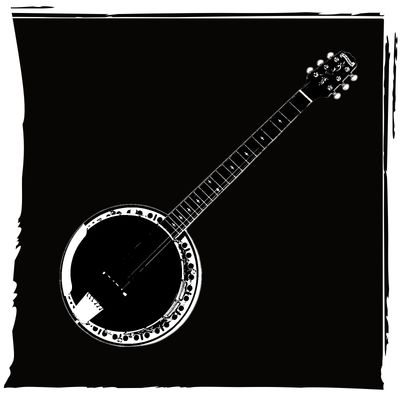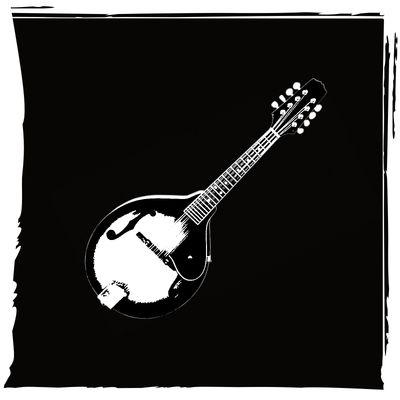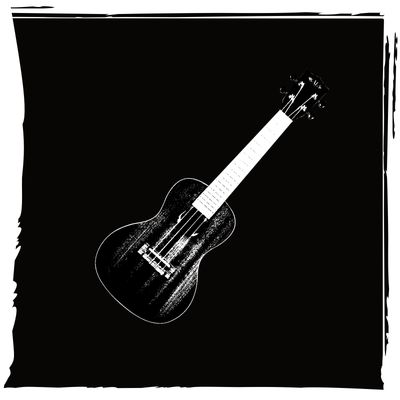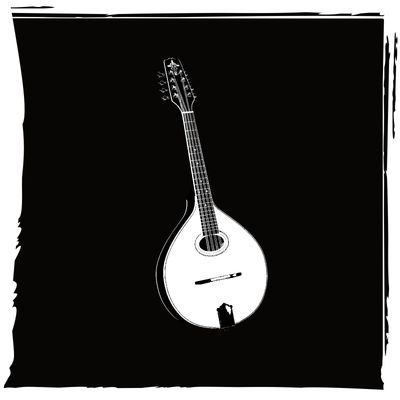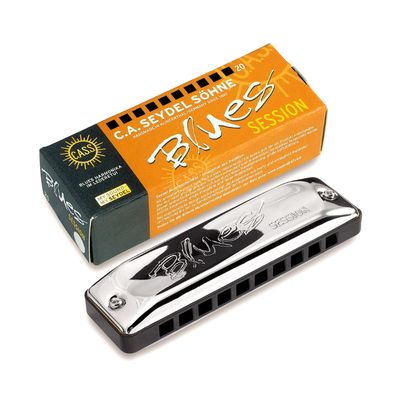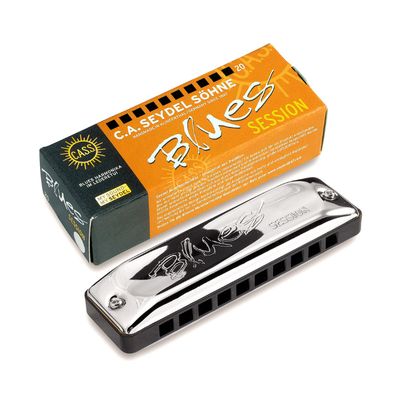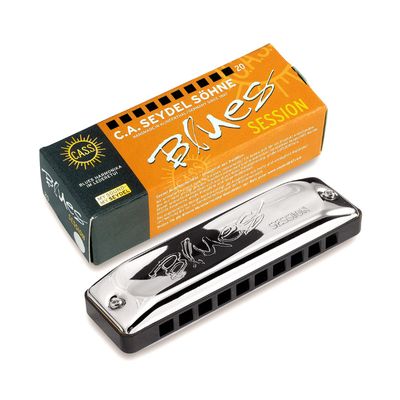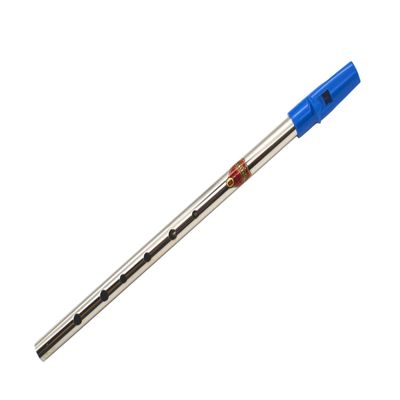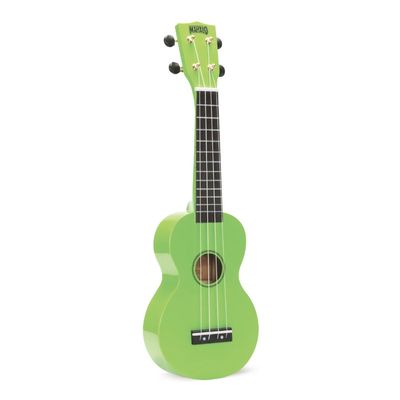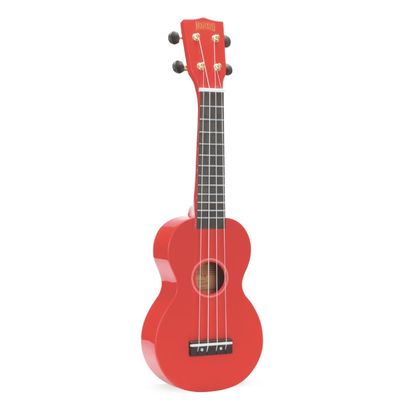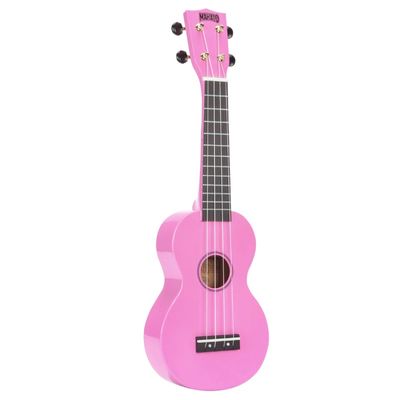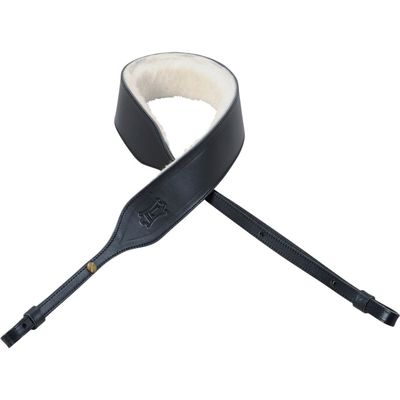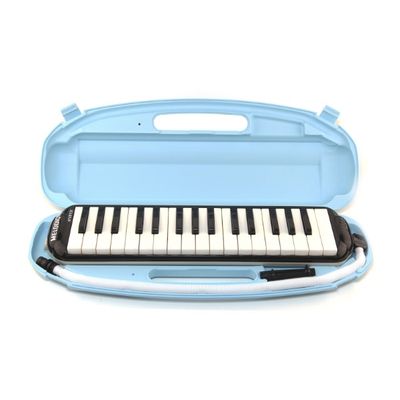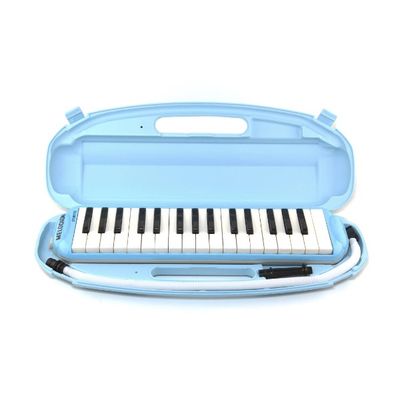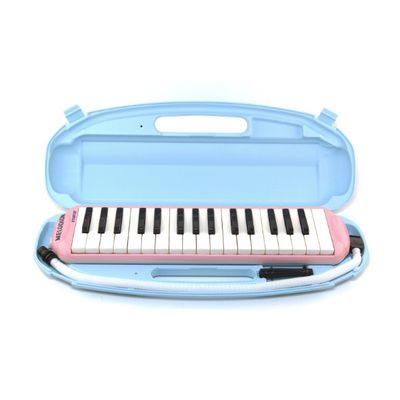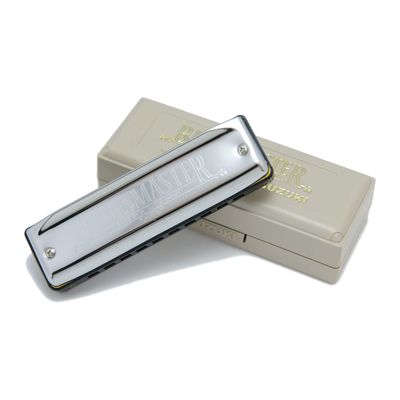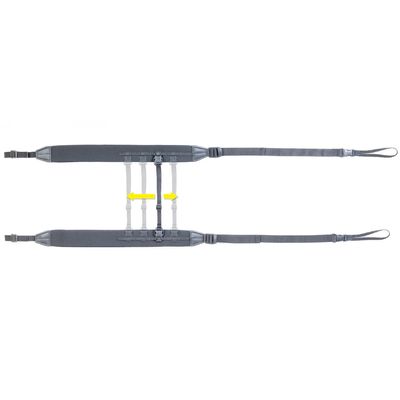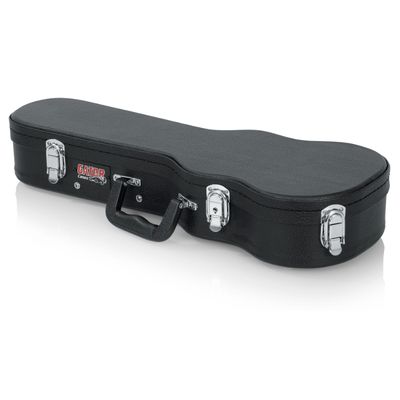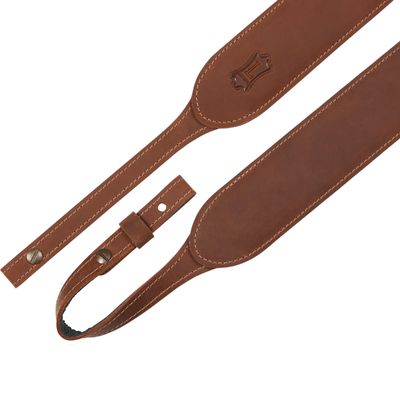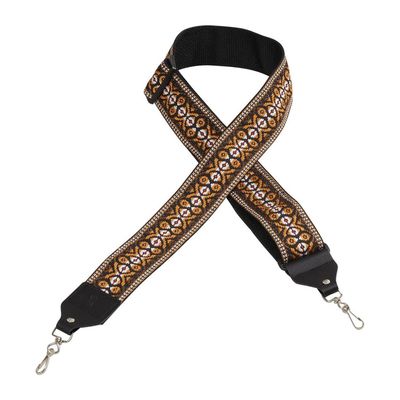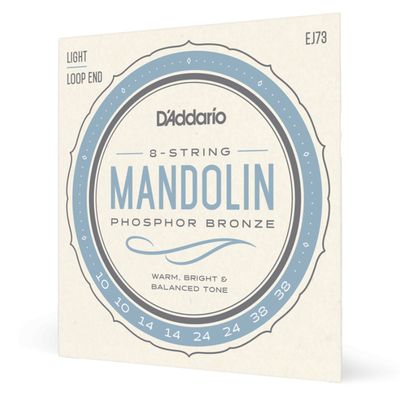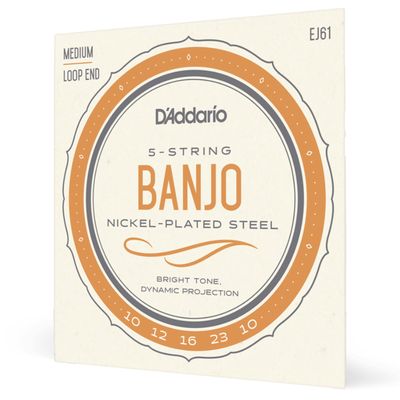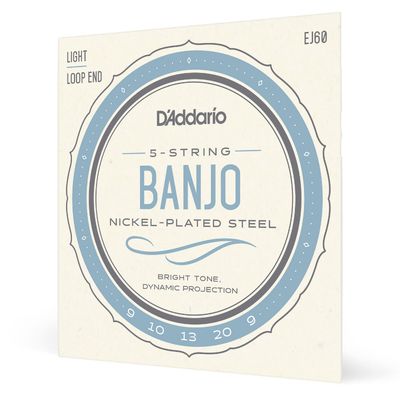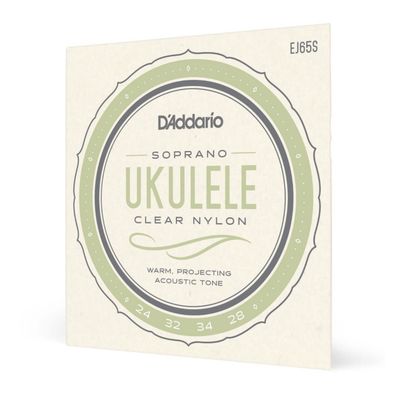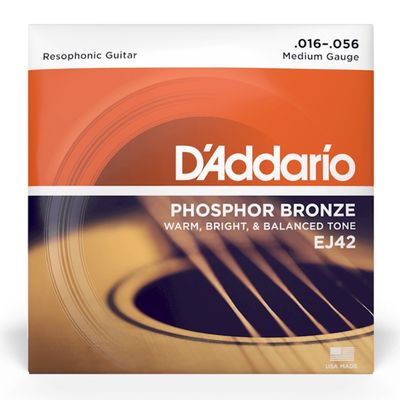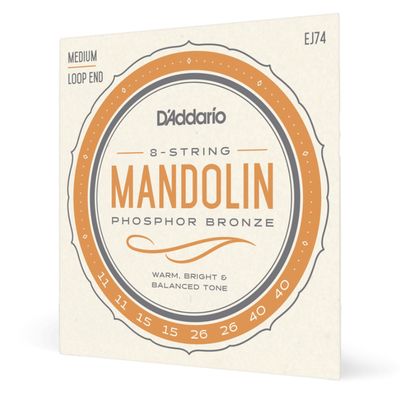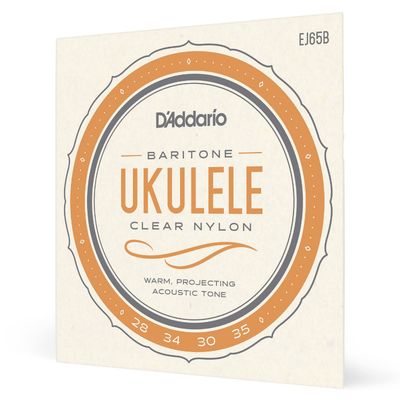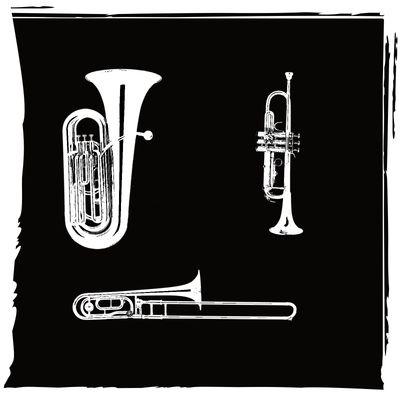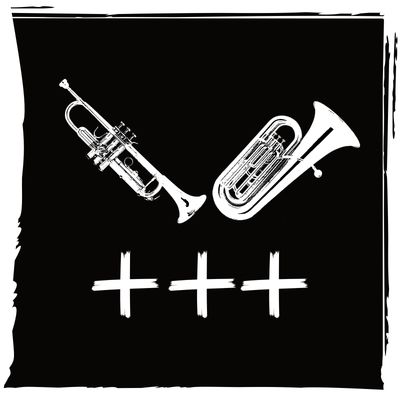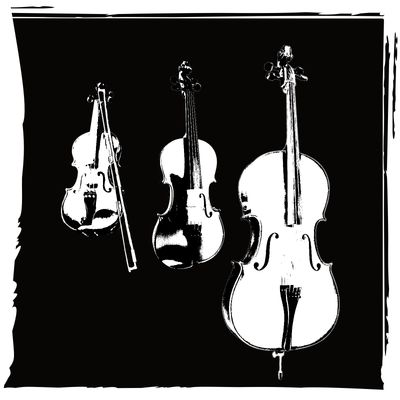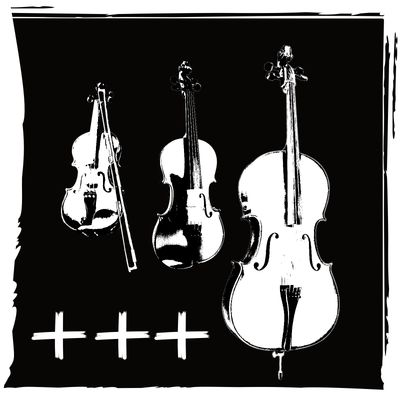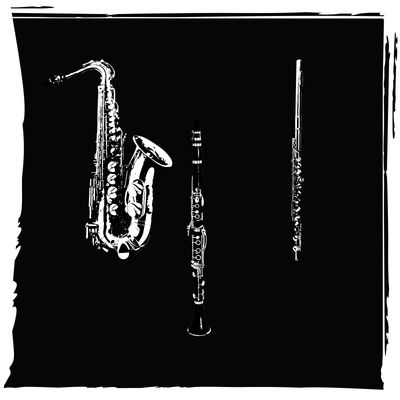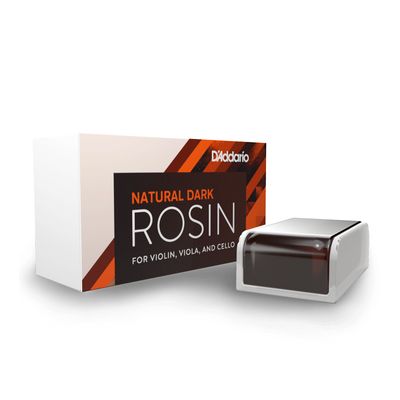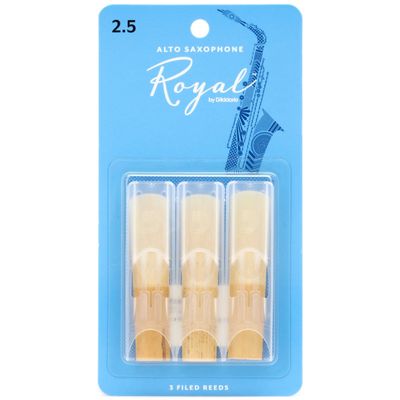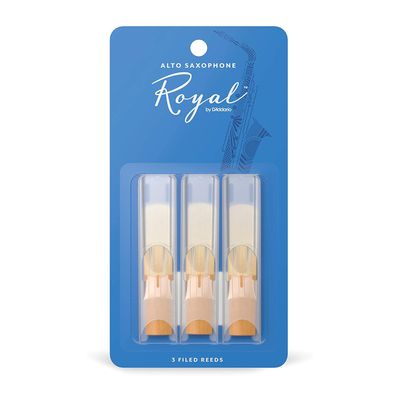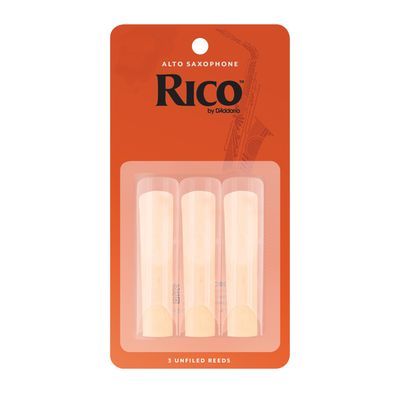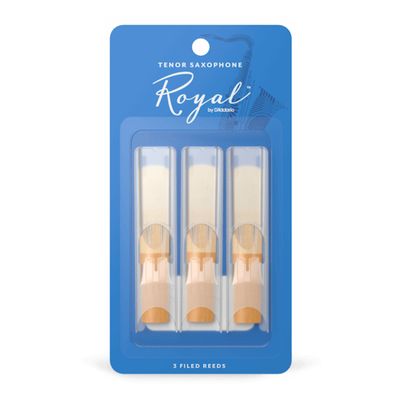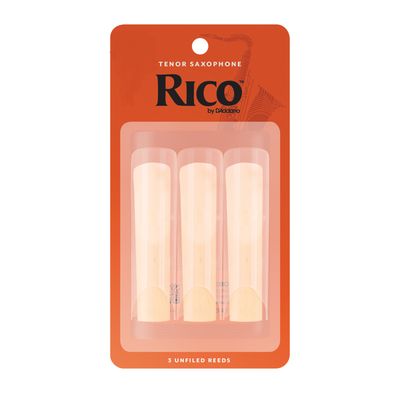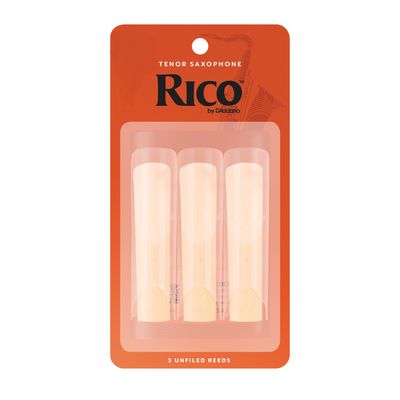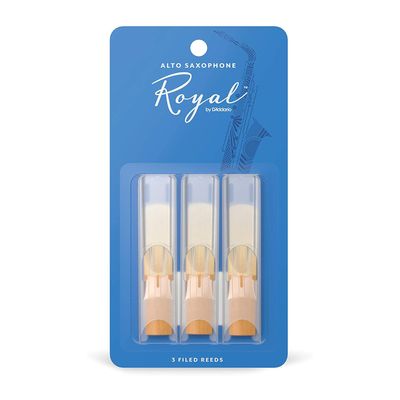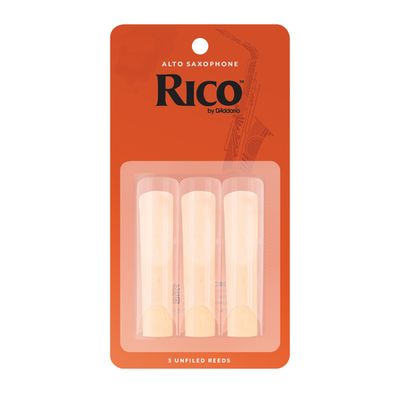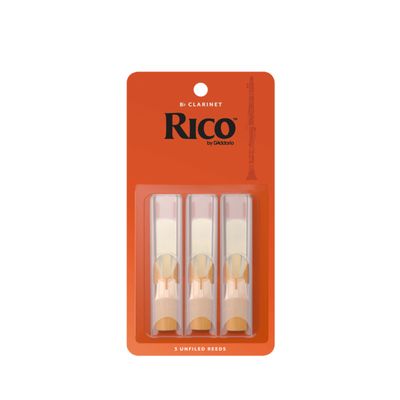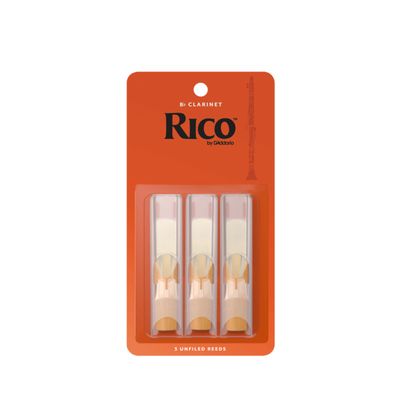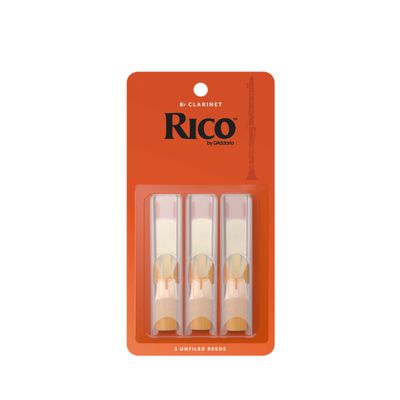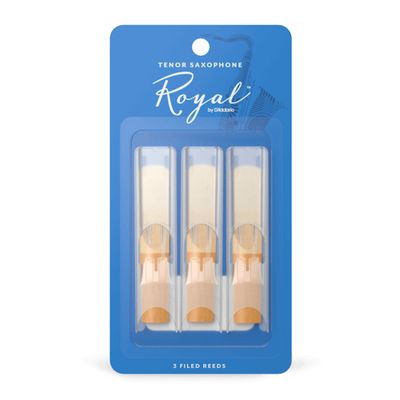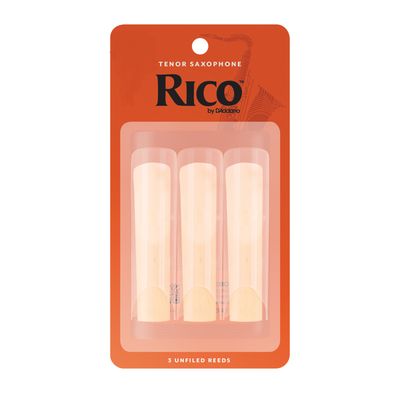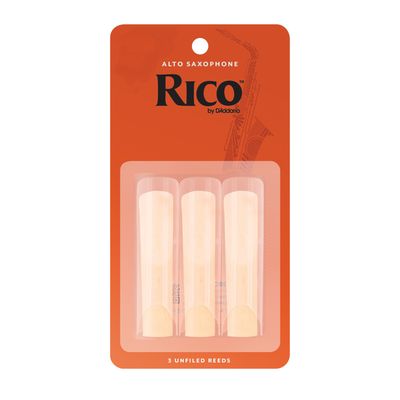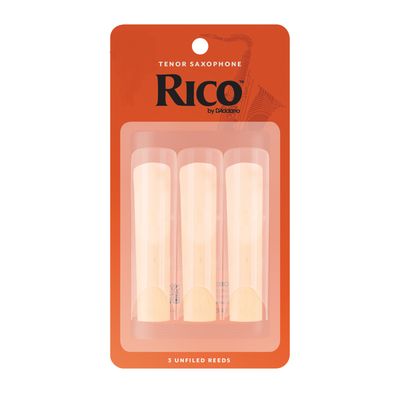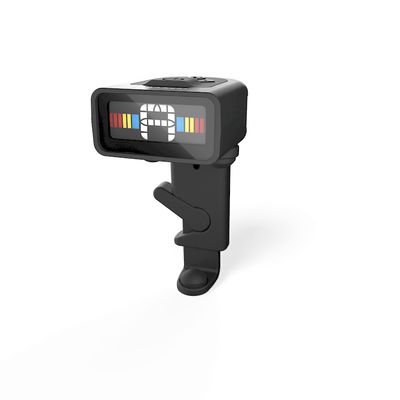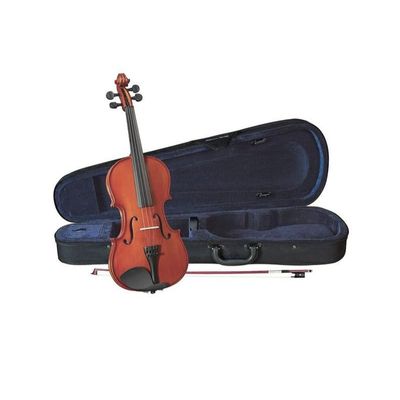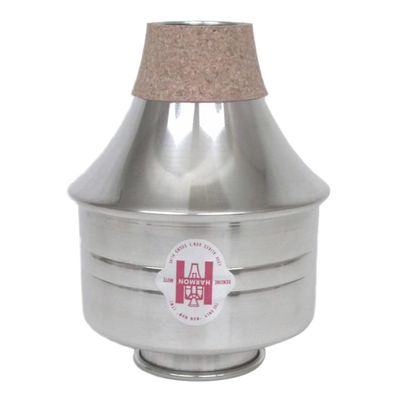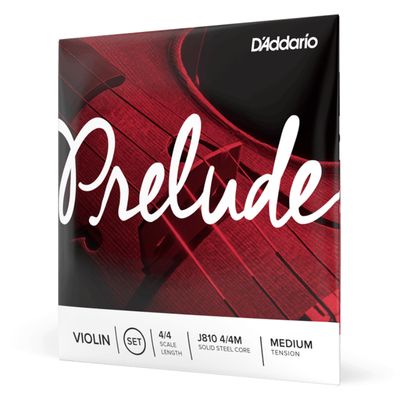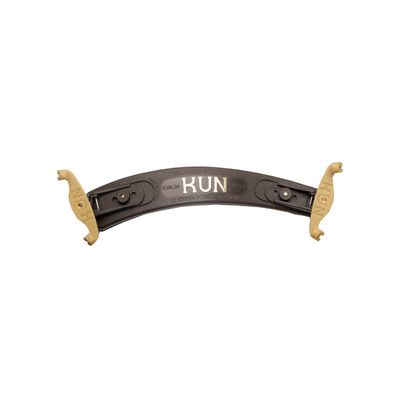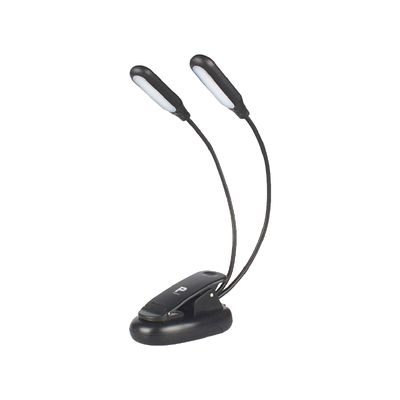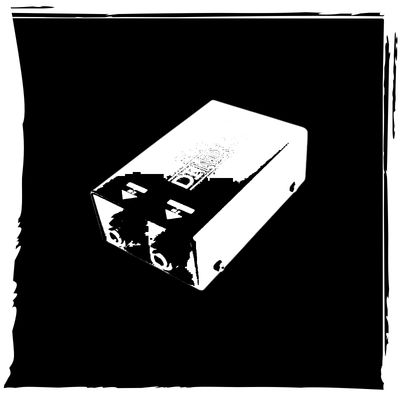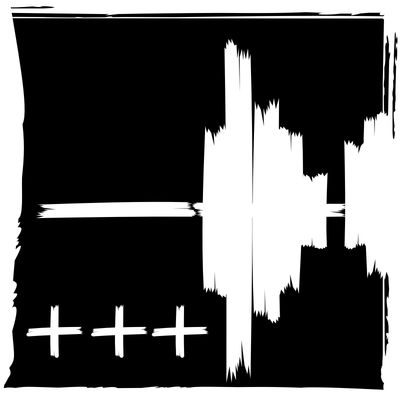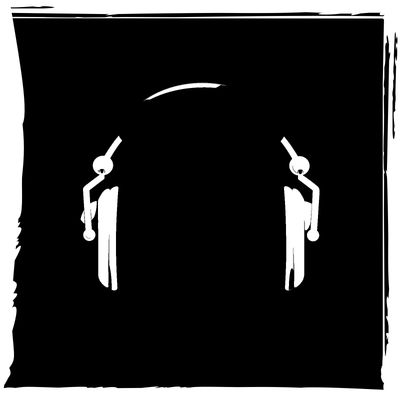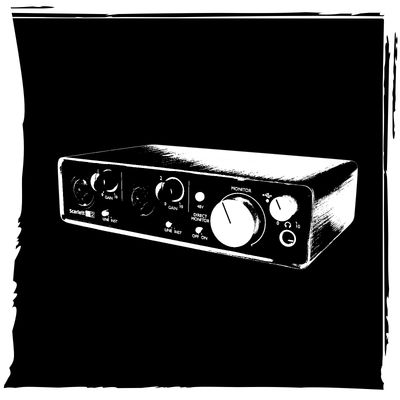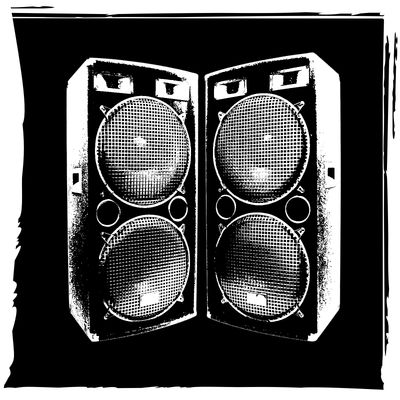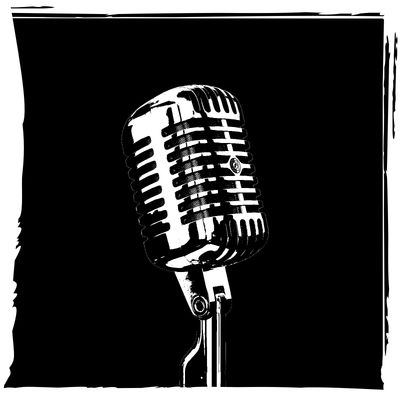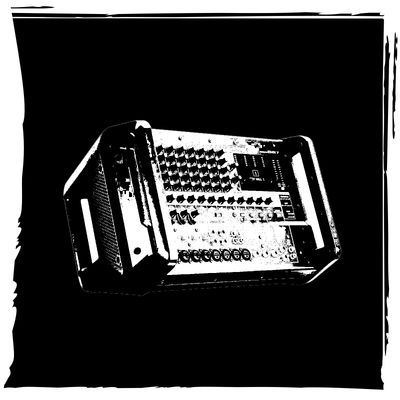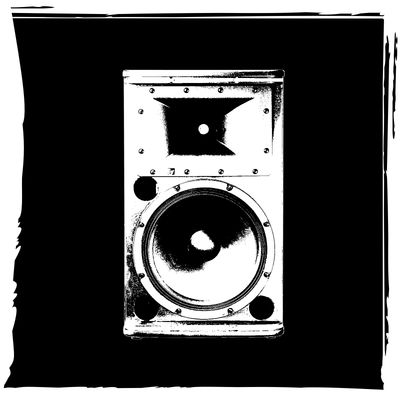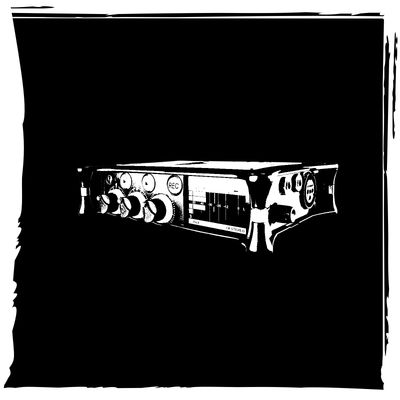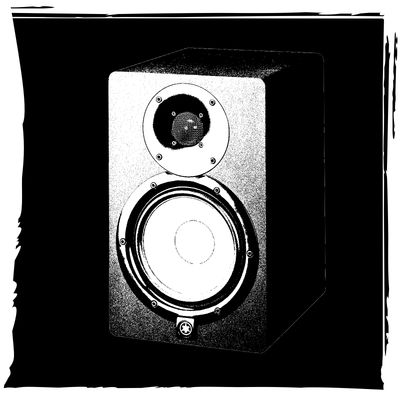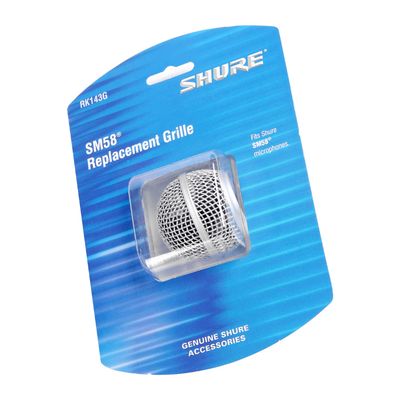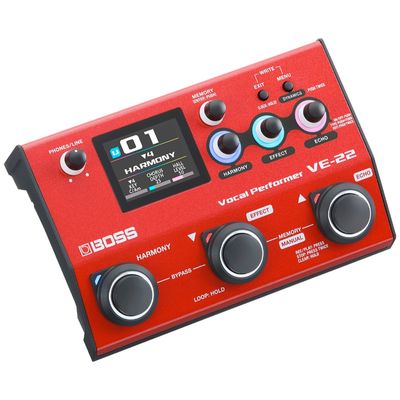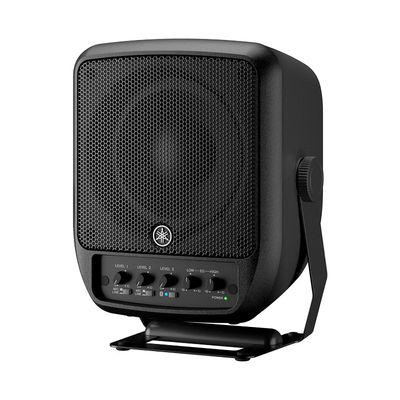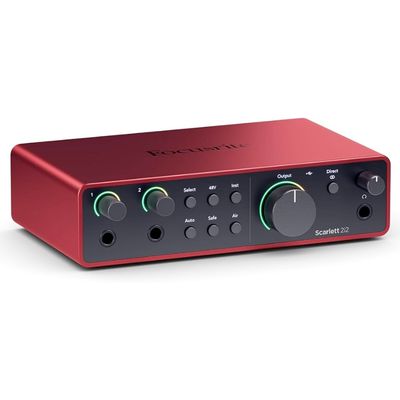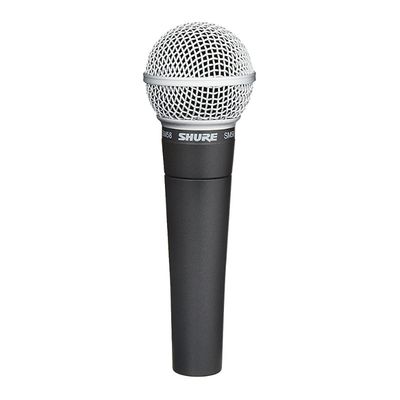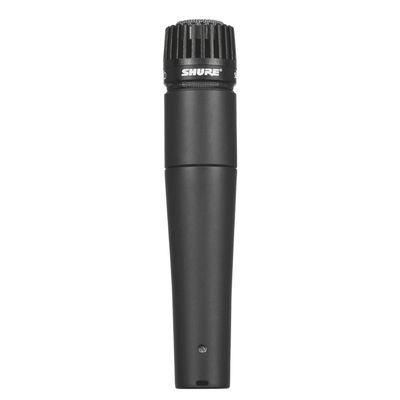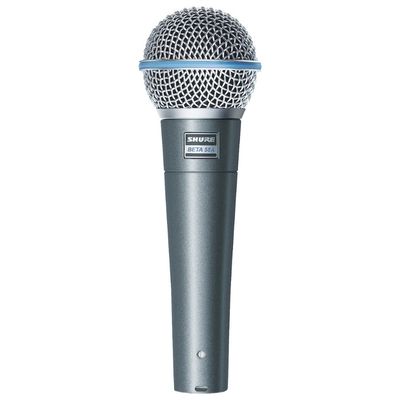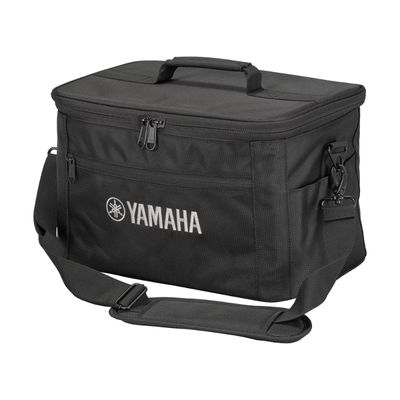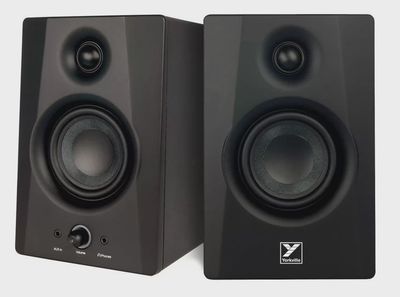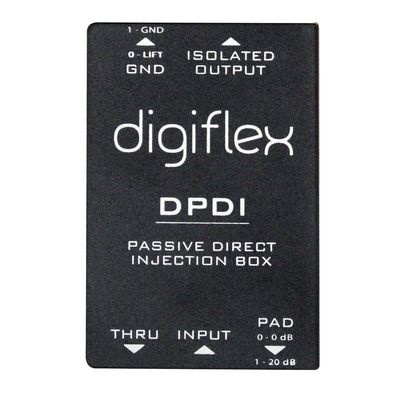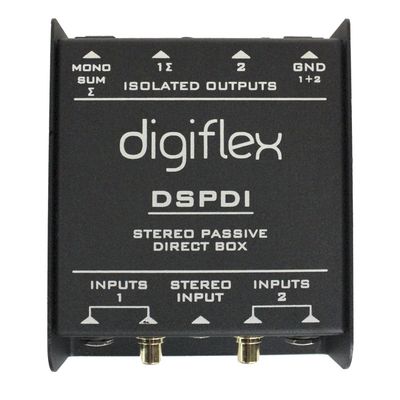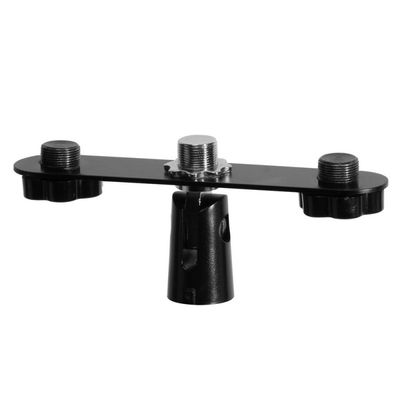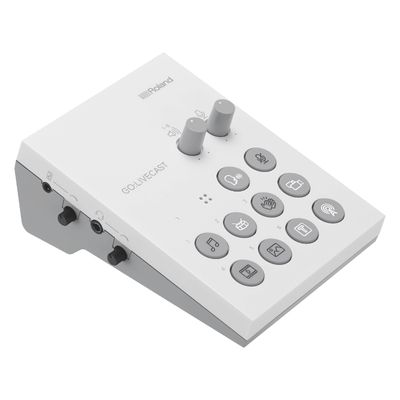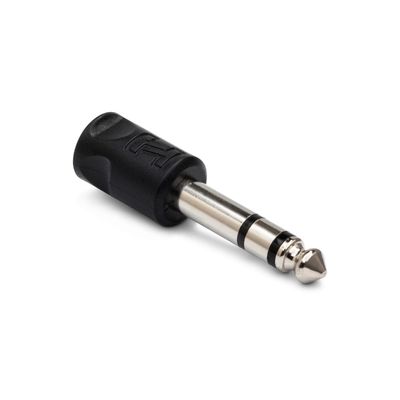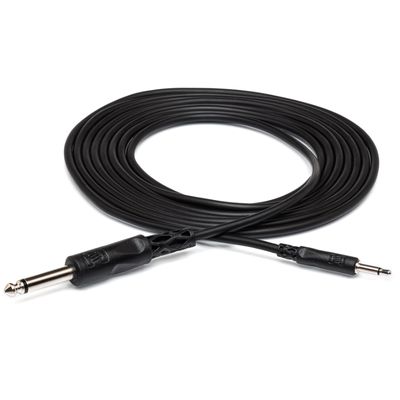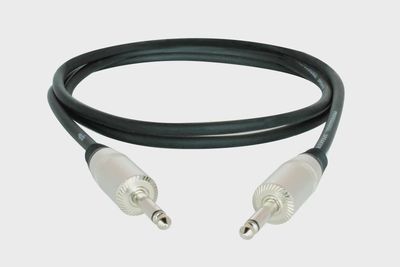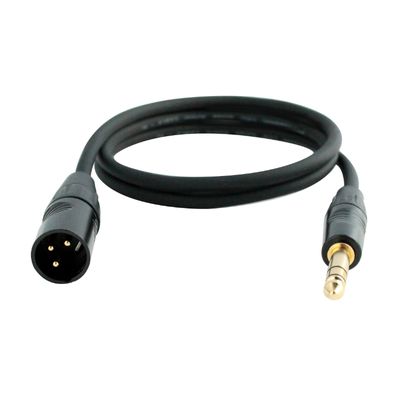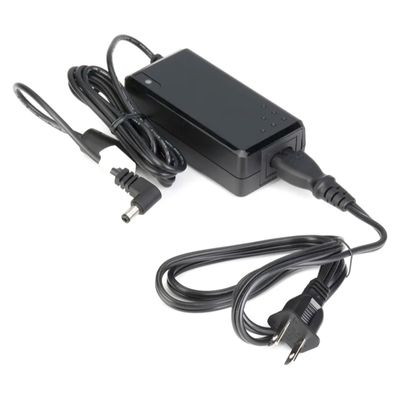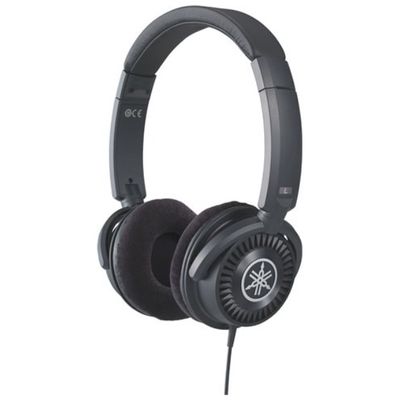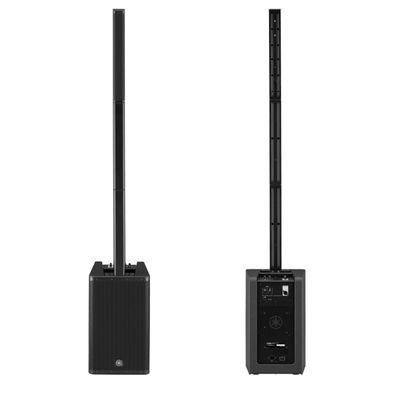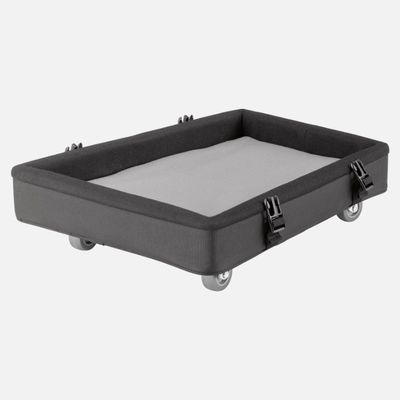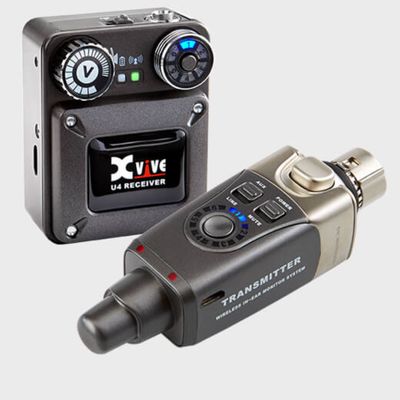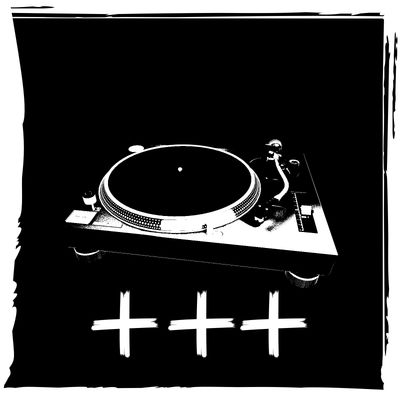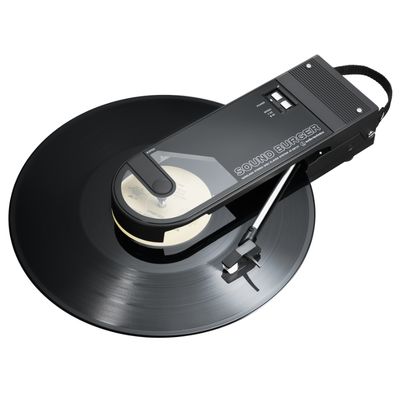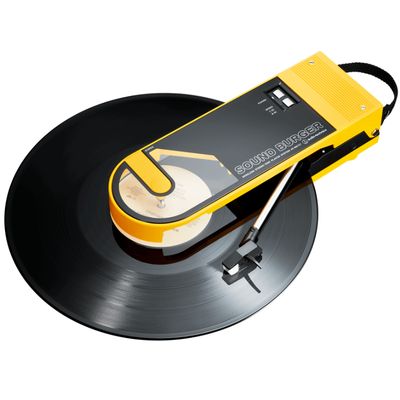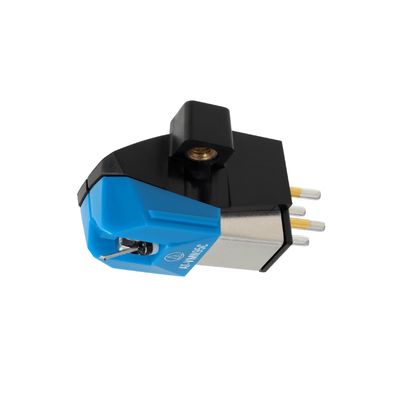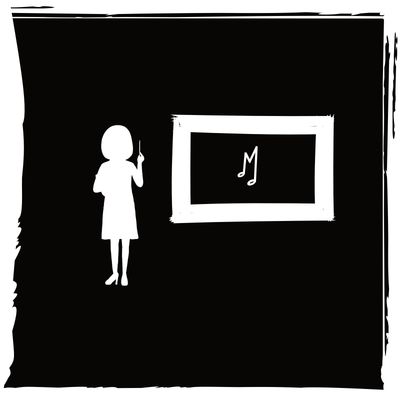Featured Products
NEW
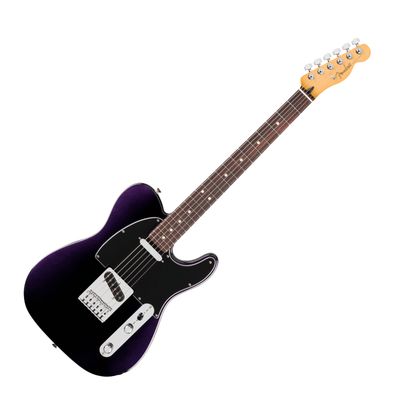
Fender Player II Modified Telecaster Electric Guitar w/ Deluxe Gig Bag - Dusk, Rosewood Fingerboard
Solidbody Electric Guitar with Alder Body, Maple Neck, Rosewood Fingerboard, and 2 Single-coil Pickups - Dusk
SKU 0147450310
$1,479.99
Fender Player II Modified Telecaster Electric Guitar w/ Deluxe Gig Bag - Dusk, Rosewood Fingerboard
NEW
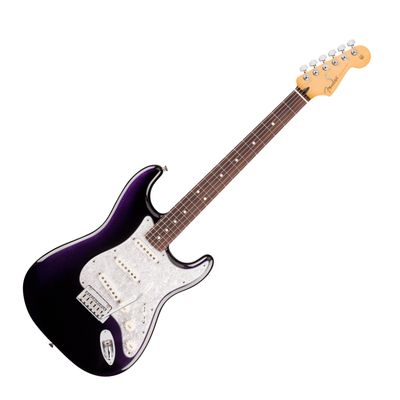
Fender Player II Modified Stratocaster Electric Guitar w/ Deluxe Gig Bag - Dusk, Rosewood Fingerboard
Solidbody Electric Guitar with Alder Body, Maple Neck, Rosewood Fingerboard, 3 Single-coil Pickups, and Synchronized Tremolo - Dusk
SKU 0147420310
$1,479.99
Fender Player II Modified Stratocaster Electric Guitar w/ Deluxe Gig Bag - Dusk, Rosewood Fingerboard
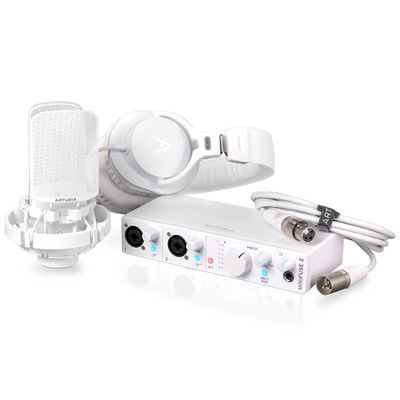
Arturi MiniFuse 2 Recording Pack - White
Recording Starter Pack with 2-in/2-out MiniFuse 2 Audio/MIDI Recording Interface, CM1 Cardioid Microphone, EF1 Closed-back Headphones, Shockmount, Pop Filter, Windshield, XLR Cable, USB-A to USB-C Cable, 1/4" Headphone Adapter, and Bundled Software - White
SKU MINIFUSERECORDINGPACKWH
$399.00
Arturi MiniFuse 2 Recording Pack - White
CONSIGNMENT
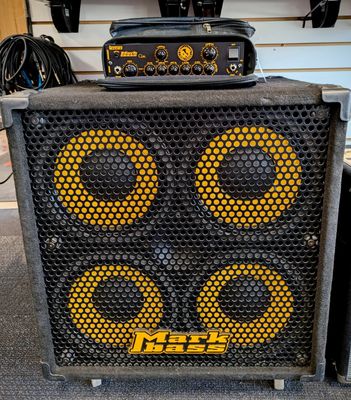
CONSIGN Markbass AG1000 Head and Standard 104HR Cab with Cover, Carrying bag, and Cables
THIS ITEM IS INELIGIBLE FOR FREE SHIPPING. PLEASE CONTACT US FOR A SHIPPING QUOTE.
SKU C-AG1000PACK
was $2,919.99
Save 45%
$1,599.99
CONSIGN Markbass AG1000 Head and Standard 104HR Cab with Cover, Carrying bag, and Cables
LTD ED.
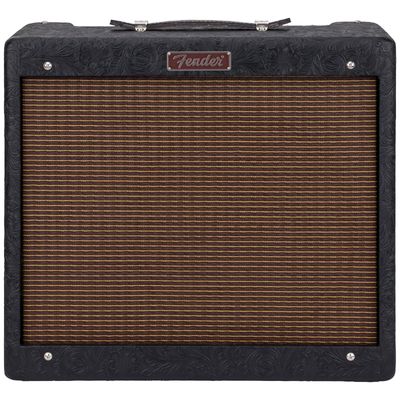
Fender Blues Junior IV 30th Anniversary 15-watt 1 x 12-inch Combo Amplifier - Black Western
15W, 1-channel, 1 x 12" Tube Guitar Combo Amp with Spring Reverb, 3-band EQ, Fat Switch, and Celestion G12M-65 Creamback Speaker - Black Western
SKU 2231500030
$1,479.99
Fender Blues Junior IV 30th Anniversary 15-watt 1 x 12-inch Combo Amplifier - Black Western
LTD ED.
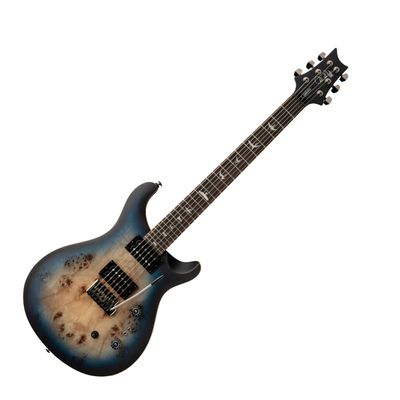
PRS SE Custom 24-08 Poplar Burl Electric Guitar with Gig Bag - Lake Blue Midnight Burst
Solidbody Electric Guitar, Limited Edition, with Mahogany Body, Maple Top, Poplar Burl Veneer, Maple Neck, Rosewood Fingerboard, 2 Humbucking Pickups, and Tremolo - Lake Blue Midnight Burst
SKU 114981LM
$1,369.00
PRS SE Custom 24-08 Poplar Burl Electric Guitar with Gig Bag - Lake Blue Midnight Burst
LTD ED.
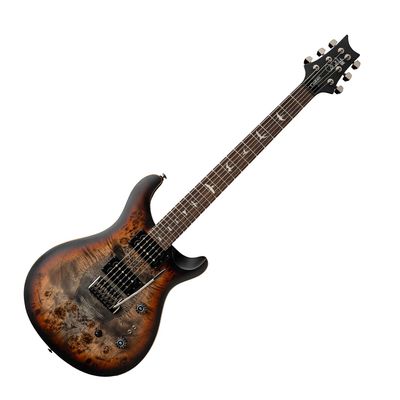
PRS SE Custom 24-08 Poplar Burl Electric Guitar with Gig Bag - Charcoal Cherry Midnight Burst
Solidbody Electric Guitar, Limited Edition, with Mahogany Body, Maple Top, Poplar Burl Veneer, Maple Neck, Rosewood Fingerboard, 2 Humbucking Pickups, and Tremolo - Charcoal Cherry Midnight Burst
SKU 114981CJ
$1,369.00
PRS SE Custom 24-08 Poplar Burl Electric Guitar with Gig Bag - Charcoal Cherry Midnight Burst
NEW
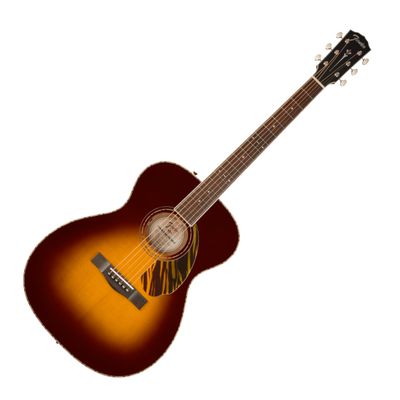
Fender Paramount PO-220E Orchestra Acoustic-Electric Guitar w/ Case - 3-Color Vintage Sunburst
6-string Acoustic-electric Guitar with Spruce Top, Mahogany Back, Sides, and Neck, and Ovangkol Fingerboard - 3-color Vintage Sunburst
SKU 0970350303
$1,199.99
Fender Paramount PO-220E Orchestra Acoustic-Electric Guitar w/ Case - 3-Color Vintage Sunburst
Guitars & Amps
Guitars and amplifiers have shaped music for centuries, with the acoustic guitar evolving from early stringed instruments and the electric guitar revolutionizing music in the 20th century. Amplification began in the 1930s, allowing for greater volume and tonal variety. Fender, Gibson, PRS, and Ibanez are among the most respected manufacturers, each contributing unique innovations. Guitars and amps are essential for live performances, recording, and practice, covering styles from rock and blues to jazz and country. The combination of guitar and amp selection determines tone, making them crucial to any guitarist’s sound.
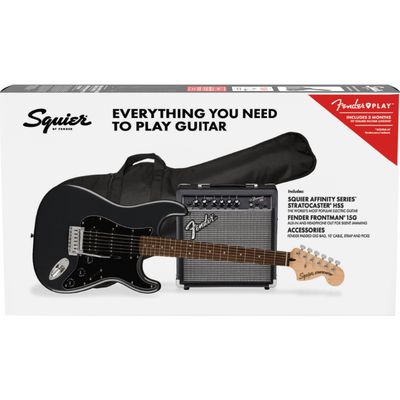
Squier Affinity Series Stratocaster HSS Pack - Charcoal Frost Metallic
Guitar Package with HSS Stratocaster, Fender Frontman Amp, Gig Bag, Strings, Cable, and 3-month Fender Play Subscription - Charcoal Frost Metallic
SKU 0372821069
$539.99
Squier Affinity Series Stratocaster HSS Pack - Charcoal Frost Metallic
CONSIGNMENT
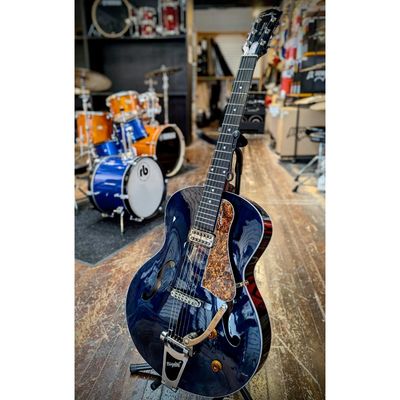
CONSIGN Godin 5th Avenue Night Club Hollowbody Electric Guitar - Indigo Blue with TRIC Case
Hollowbody Archtop Electric Guitar with Cherry Top, Back, and Sides, Maple Neck, Richlite Fingerboard, and 1 TV Jones Classic Pickup - Indigo Blue
SKU C-50956
was $1,899.00
Save 26%
$1,400.00
CONSIGN Godin 5th Avenue Night Club Hollowbody Electric Guitar - Indigo Blue with TRIC Case
Piano & Keys
Pianos and keyboards encompass a vast range of instruments, from traditional acoustic pianos to modern digital alternatives. The piano originated in the early 18th century, evolving from harpsichords and clavichords to the grand and upright models seen today. Key manufacturers include Steinway & Sons (Model D), Yamaha (U Series), Kawai (GX Series), and Roland (FP Series). Digital and synthesizer-based keyboards offer portability and versatility, making them suitable for various genres, from classical to electronic music. These instruments cater to concert pianists, studio musicians, and casual players alike, with digital models providing a space-saving alternative to acoustic counterparts.
Pre-order
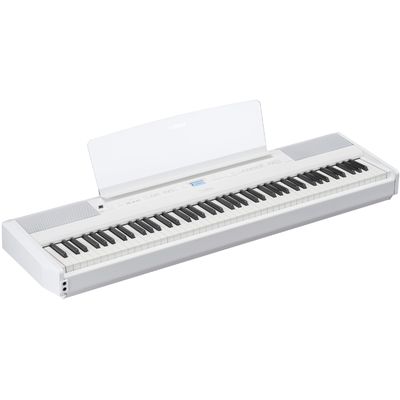
Yamaha P-525 88-key Digital Piano with Speakers - White
88-key Digital Piano with GrandTouch-S keyboard, Onboard Speaker System, Binaural Sampling, Virtual Resonance Modeling, Sound Boost, and Registration Memories - White
SKU P525WH
$2,249.99
Yamaha P-525 88-key Digital Piano with Speakers - White
Pre-order
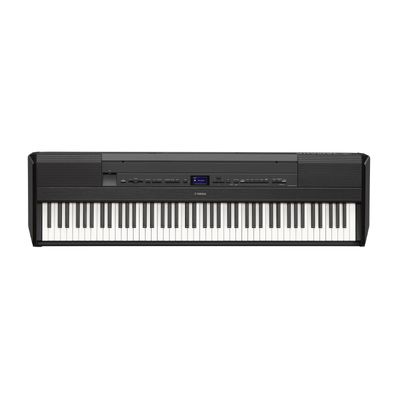
Yamaha P-525 88 Key Digital Piano with Speakers - Black
88-key Digital Piano with GrandTouch-S keyboard, Onboard Speaker System, Binaural Sampling, Virtual Resonance Modeling, Sound Boost, and Registration Memories - Black
SKU P525B
$2,249.99
Yamaha P-525 88 Key Digital Piano with Speakers - Black
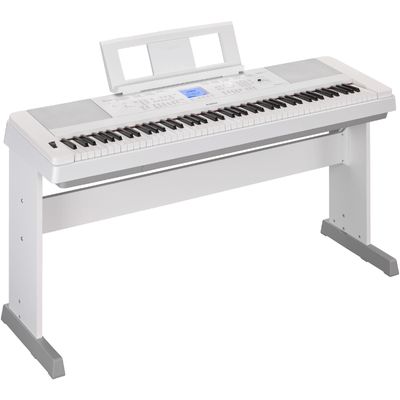
Yamaha DGX670 Digital Piano - WHITE
88-key Portable Grand Digital Piano with GHS Weighted Action, CFX Stereo Sampling, Virtual Resonance Modeling, Super Articulation Voices, Smart Chord, Dual Mode, Automatic Accompaniment Styles, LCD Screen, Score Display, Mic Input, USB-to-host, USB-to-devi
SKU DGX670WH
$1,199.99
Yamaha DGX670 Digital Piano - WHITE
Pre-order
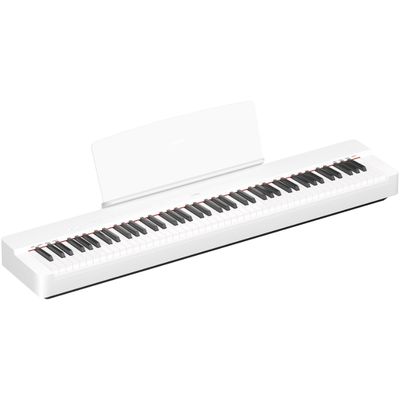
Yamaha P225 88-Key Portable Digital Piano - White
88-key Digital Piano with GHC Weighted Keys, 192-note Polyphony, 24 Voices, Virtual Resonance Modeling, Intelligent Acoustic Control, 2 x 7-watt Speakers, Headphone Outputs, and Pedal Input
SKU P225WH
$999.99
Yamaha P225 88-Key Portable Digital Piano - White
Pre-order
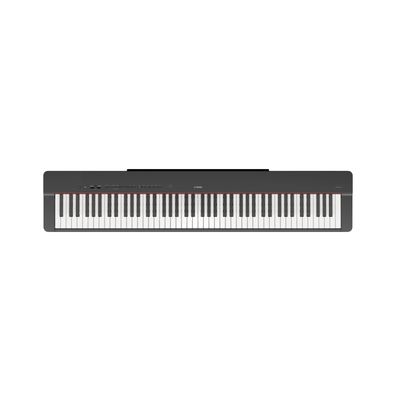
Yamaha P225 88-Key Portable Digital Piano - Black
88-key Digital Piano with GHC Weighted Keys, 192-note Polyphony, 24 Voices, Virtual Resonance Modeling, Intelligent Acoustic Control, 2 x 7-watt Speakers, Headphone Outputs, and Pedal Input
SKU P225B
$999.99
Yamaha P225 88-Key Portable Digital Piano - Black
Pre-order
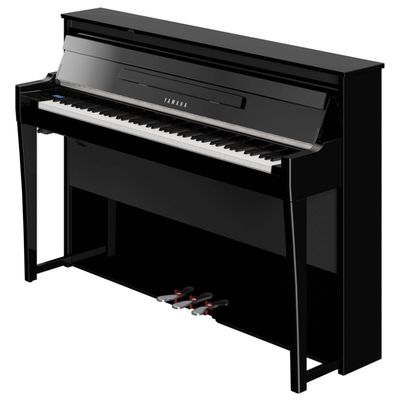
Yamaha AvantGrand NU1XA Digital Upright Piano - Polished Ebony
Digital Upright Piano with 28 Voices, CFX and Bösendorfer Imperial Piano Samples, True Upright Action, GrandTouch Pedal System, and Bench - Polished Ebony
SKU NU1XAPE
$6,799.00
Yamaha AvantGrand NU1XA Digital Upright Piano - Polished Ebony
Pre-order
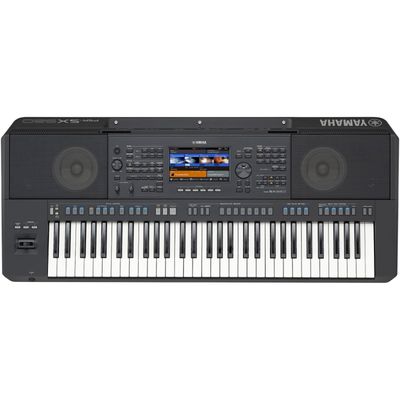
Yamaha PSR-SX920 - 61 Key Arranger Workstation
61-key Arranger Workstation with Synth-action Keyboard, Joystick Controller, Real-time Control Knobs, Super Articulation Voices, Accompaniment Styles, Vocal Harmony Engine, Chord Looper, and Onboard Speaker System
SKU PSRSX920
$2,999.99
Yamaha PSR-SX920 - 61 Key Arranger Workstation
Pre-order
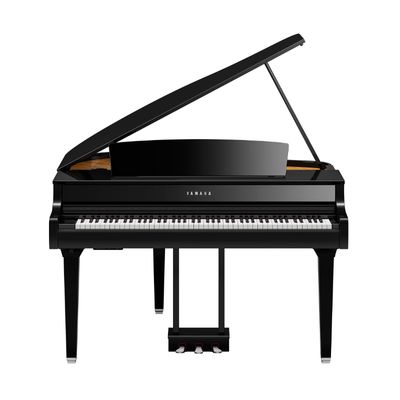
Yamaha Clavinova CLP-895GP Digital Grand Piano w/ Bench - Polished Ebony
88-key Digital Grand Piano with Grand Expression Modeling and Virtual Resonance Modeling, GrandTouch Keyboard, and Multi-amp Speaker System - Polished Ebony
SKU CLP-895GPPE
$12,499.99
Yamaha Clavinova CLP-895GP Digital Grand Piano w/ Bench - Polished Ebony
Pre-order
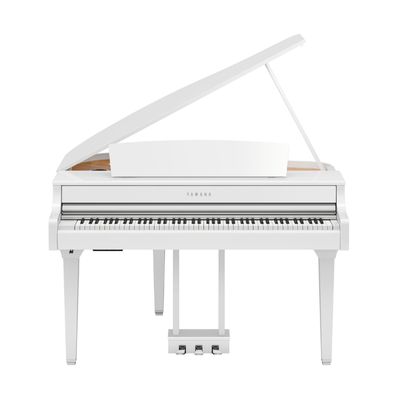
Yamaha Clavinova CLP-895GP Digital Grand Piano w/ Bench - Polished White
88-key Digital Grand Piano with Grand Expression Modeling and Virtual Resonance Modeling, GrandTouch Keyboard, and Multi-amp Speaker System - Polished White
SKU CLP-895GPPWH
$12,999.99
Yamaha Clavinova CLP-895GP Digital Grand Piano w/ Bench - Polished White
Pre-order
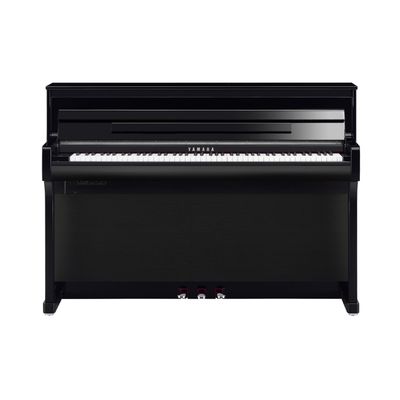
Yamaha Clavinova CLP-885 Console Digital Piano w/ Bench - Polished Ebony
88-key Console Digital Piano with Grand Expression Modeling and Virtual Resonance Modeling, GrandTouch Keyboard, and Multi-amp Speaker System - Polished Ebony
SKU CLP-885PE
$6,999.00
Yamaha Clavinova CLP-885 Console Digital Piano w/ Bench - Polished Ebony
Pre-order
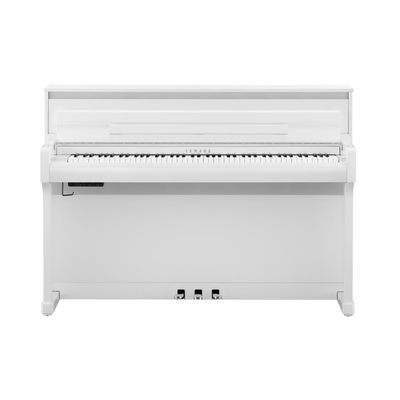
Yamaha Clavinova CLP-885 Console Digital Piano w/ Bench - Polished White
88-key Console Digital Piano with Grand Expression Modeling and Virtual Resonance Modeling, GrandTouch Keyboard, and Multi-amp Speaker System - Polished White
SKU CLP-885PWH
$7,299.00
Yamaha Clavinova CLP-885 Console Digital Piano w/ Bench - Polished White
Pre-order
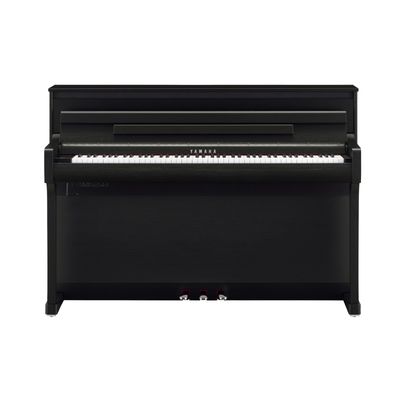
Yamaha Clavinova CLP-885 Console Digital Piano w/ Bench - Matte Black
88-key Console Digital Piano with Grand Expression Modeling and Virtual Resonance Modeling, GrandTouch Keyboard, and Multi-amp Speaker System - Matte Black
SKU CLP-885B
$6,499.00
Yamaha Clavinova CLP-885 Console Digital Piano w/ Bench - Matte Black
Pre-order
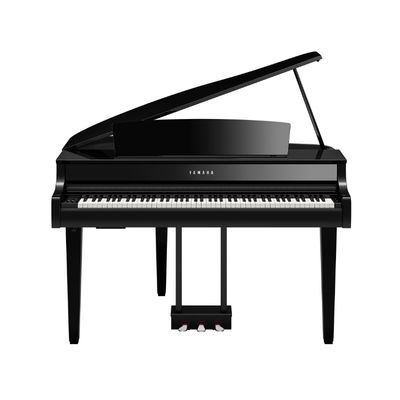
Yamaha Clavinova CLP-865GP Digital Grand Piano w/ Bench - Polished Ebony
88-key Digital Grand Piano with Grand Expression Modeling and Virtual Resonance Modeling, GrandTouch-S Keyboard, and Multi-amp Speaker System - Polished Ebony
SKU CLP-865GPPE
$6,799.00
Yamaha Clavinova CLP-865GP Digital Grand Piano w/ Bench - Polished Ebony
Pre-order
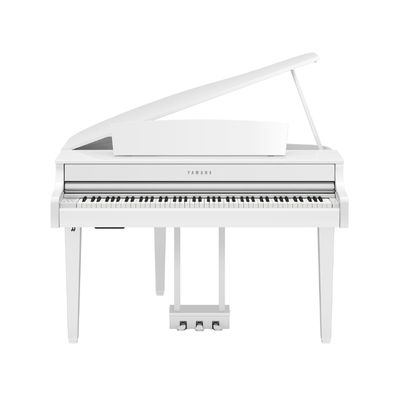
Yamaha Clavinova CLP-865GP Digital Grand Piano with Bench - Polished White
88-key Digital Grand Piano with Grand Expression Modeling and Virtual Resonance Modeling, GrandTouch-S Keyboard, and Multi-amp Speaker System - Polished White
SKU CLP-865GPWH
$7,099.00
Yamaha Clavinova CLP-865GP Digital Grand Piano with Bench - Polished White
Drums & Percussion
Drums and percussion instruments are among the oldest in human history, evolving from primitive hand drums to modern drum kits. Various styles cater to different genres, from orchestral timpani to jazz drum kits. Leading brands include Pearl (Masters Maple Series), Ludwig (Classic Maple), Gretsch (Broadkaster), and Tama (Starclassic). Percussion spans everything from Latin congas and bongos to orchestral snare drums and cymbals. These instruments serve crucial rhythmic functions in virtually all musical styles, with drum kits anchoring rock, jazz, and pop, while auxiliary percussion enhances global and classical music.
Folk & Traditional
Folk and traditional instruments have deep cultural roots, originating from regional music styles and passed down through generations. These instruments, including banjos, mandolins, ukuleles, dulcimers, and bouzoukis, have been integral to genres like bluegrass, country, Celtic, and world music. Notable brands include Martin (D-28 Acoustic Guitar), Deering (Sierra Banjo), Kentucky (KM-150 Mandolin), and Kamaka (HF-3 Ukulele). Folk instruments are widely used in acoustic performances, storytelling traditions, and modern folk-pop fusion, making them essential for musicians seeking warm, organic tones.
Band & Orchestral
Band and orchestral instruments have a rich history, evolving from early brass, woodwind, and stringed instruments into refined versions used in concert bands, symphonies, and chamber ensembles. These instruments include brass, woodwinds, and orchestral strings, each with distinct roles in ensemble performance. Leading manufacturers include Yamaha (full range of instruments), Buffet Crampon (clarinets and saxophones), Bach (brass instruments), and Stradivarius (violins). These instruments are essential for professional musicians, students, and ensemble performers, providing the foundation for both classical and contemporary compositions.
Live Sound & Recording
Live sound and recording gear includes a wide range of equipment used to capture, amplify, and manipulate sound during performances and in studio settings. Over the years, advancements in technology have shaped the industry, from early analog recording equipment to today's sophisticated digital systems. Notable manufacturers include Shure (microphones and wireless systems), Yamaha (mixing consoles), Neumann (microphones), and Midas (mixing boards). Live sound gear, including speakers, amplifiers, and mixing consoles, is used in concerts, festivals, and events to ensure clear, balanced sound. Recording gear, such as microphones, audio interfaces, and recording software, is essential for producing high-quality music in studios. Both categories are crucial for musicians, engineers, and producers working in diverse environments, from live performances to studio sessions.
Sold out
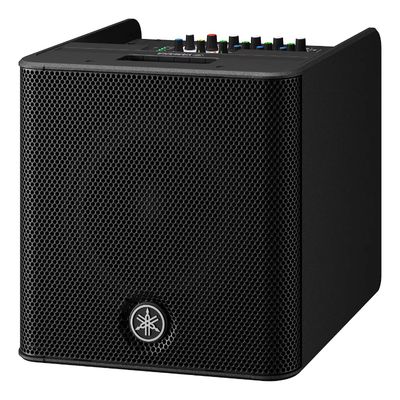
Yamaha STAGEPAS 200BTR Battery-powered Portable PA System with Bluetooth
180W Portable PA System with Coaxial 8" Woofer/1.4" Tweeter, 5-channel Mixer, Effects, Bluetooth, and Rechargeable Lithium-ion Battery
SKU STAGEPAS200BTR
Out of stock
$899.99
Yamaha STAGEPAS 200BTR Battery-powered Portable PA System with Bluetooth
Turntables
Turntables, also known as record players, trace their origins to the early 20th century, with the invention of the phonograph by Thomas Edison. Initially used for playing vinyl records, they have evolved over decades, becoming central to DJing, music production, and audiophile culture. In the 1970s and 1980s, turntables gained prominence in the hip-hop scene with the advent of scratching and mixing techniques. Notable manufacturers of turntables include Technics (SL-1200 series, a staple in DJ culture), Pioneer DJ (PLX-1000, known for its high-quality sound and durability), Audio-Technica (AT-LP120XUSB, a popular entry-level model), and Rega (Planar series, revered for audiophile quality). Turntables continue to be essential for both DJs and vinyl enthusiasts, offering tactile engagement with music and a rich analog sound that digital formats cannot replicate. They are used in clubs, radio stations, home audio systems, and music production studios, providing versatile functions from basic playback to advanced performance features for mixing and scratching.
Sold out
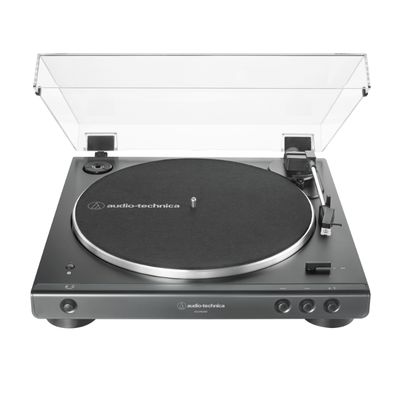
Audio-Technica AT-LP60XBT BK Wireless Bluetooth Belt-Drive Turntable - Black
Automatic Belt-drive Turntable with Bluetooth, aptX Codec Compatibility, Anti-resonance Platter, 2 Selectable Speeds, Built-in Phono Preamp, Integral Dual Moving Magnet Cartridge, and 0.6-mil Conical Stylus - Black
SKU ATLP60XBTBK
Out of stock
$299.00
Audio-Technica AT-LP60XBT BK Wireless Bluetooth Belt-Drive Turntable - Black
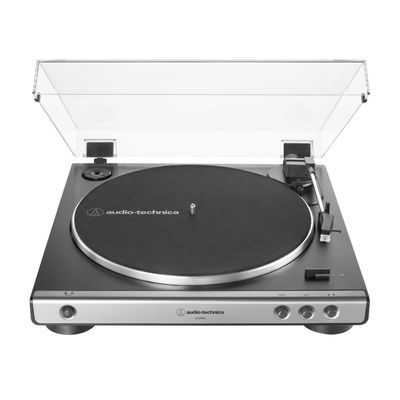
Audio-Technica ATLP60X Fully Automatic Belt-Drive Turntable - Gunmetal
Automatic Belt-drive Turntable with Anti-resonance Platter, 2 Selectable Speeds, Built-in Phono Preamp, Integral Dual Moving Magnet Cartridge, and 0.6-mil Conical Stylus - Gunmetal
SKU ATLP60XGM
$199.00
Audio-Technica ATLP60X Fully Automatic Belt-Drive Turntable - Gunmetal
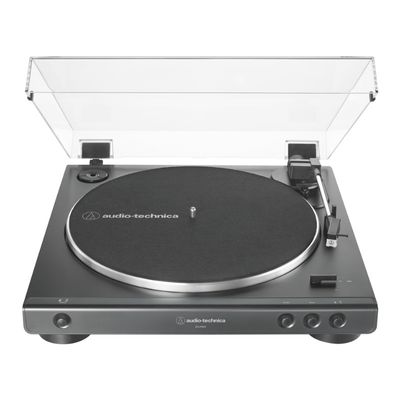
Audio-Technica ATLP60X Fully Automatic Belt-Drive Turntable - Black
Automatic Belt-drive Turntable with Anti-resonance Platter, 2 Selectable Speeds, Built-in Phono Preamp, Integral Dual Moving Magnet Cartridge, and 0.6-mil Conical Stylus
SKU ATLP60XBK
$199.00
Audio-Technica ATLP60X Fully Automatic Belt-Drive Turntable - Black
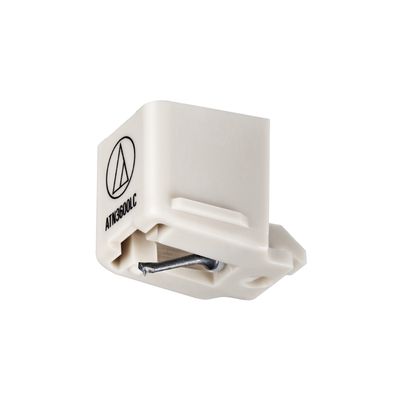
Audio-Technica Conical Replacement Stylus for AT3600L Cartridge
Replacement Stylus for AT3600L Turntable Cartridge with Conical 0.6mm Stylus, 4.0G Max Tracking Force, 500-hour Max Lifespan, and Multi-device Compatibility
SKU ATN3600LC
$42.25
Audio-Technica Conical Replacement Stylus for AT3600L Cartridge
Display prices in:CAD
